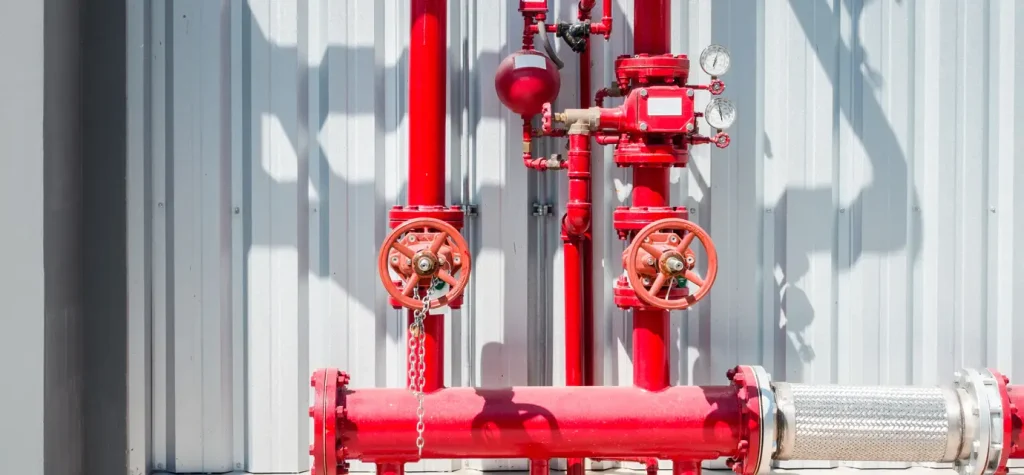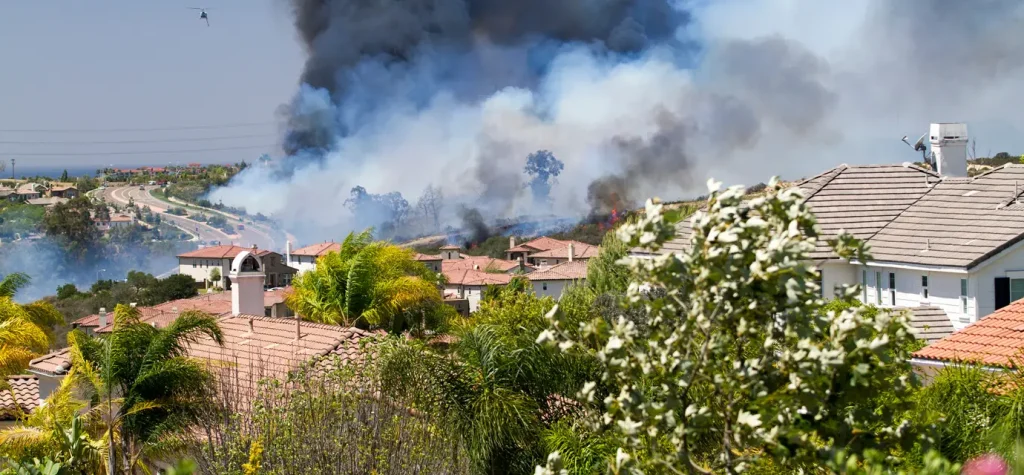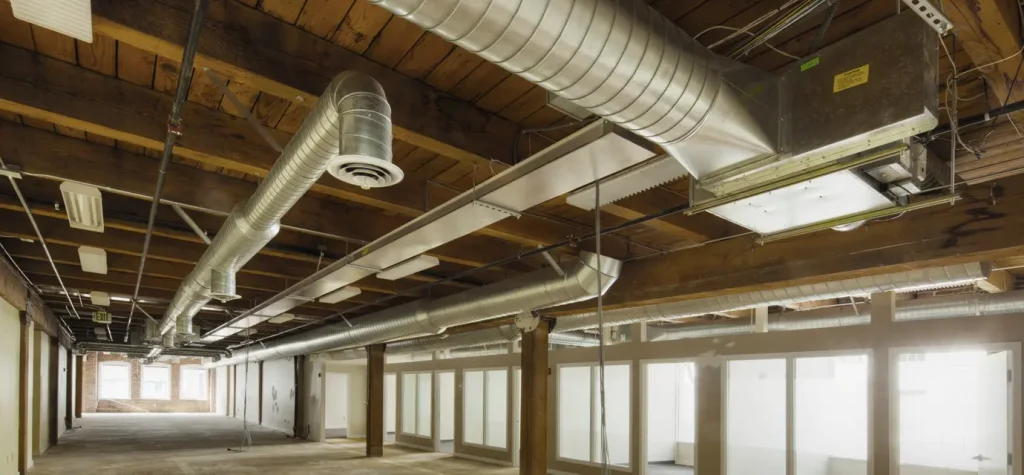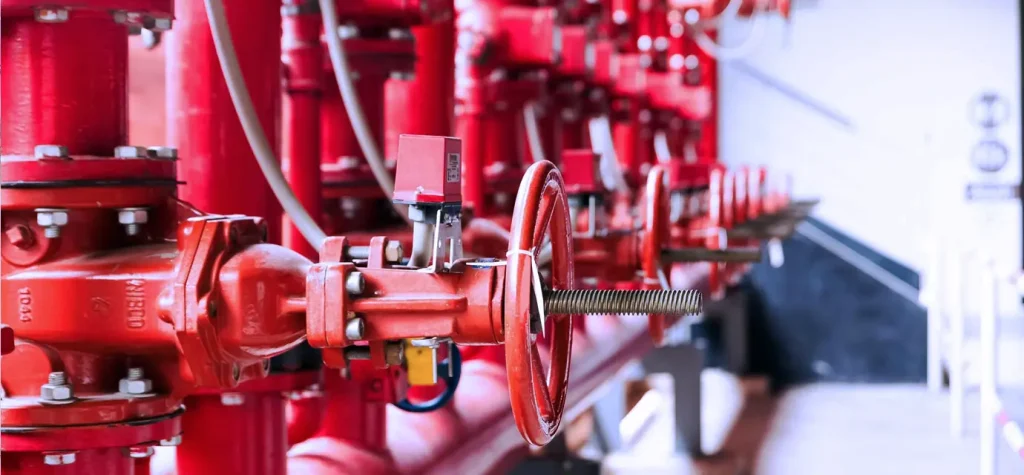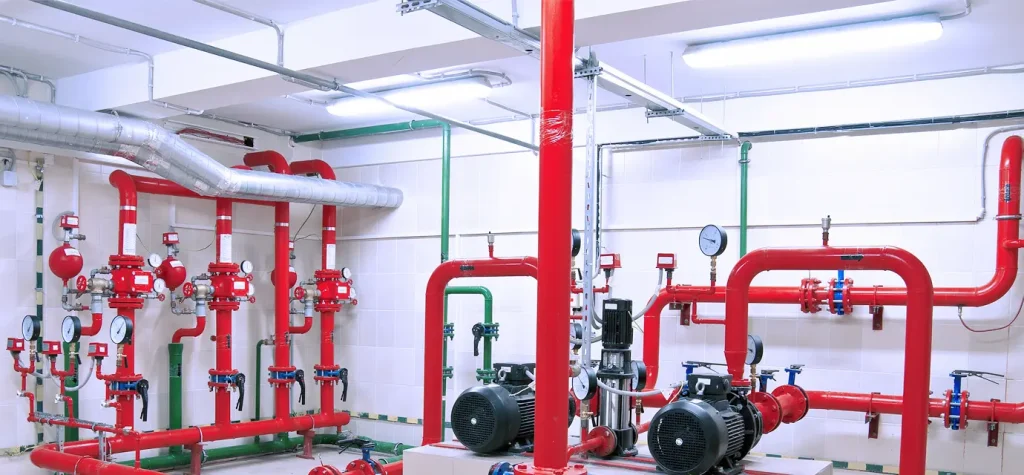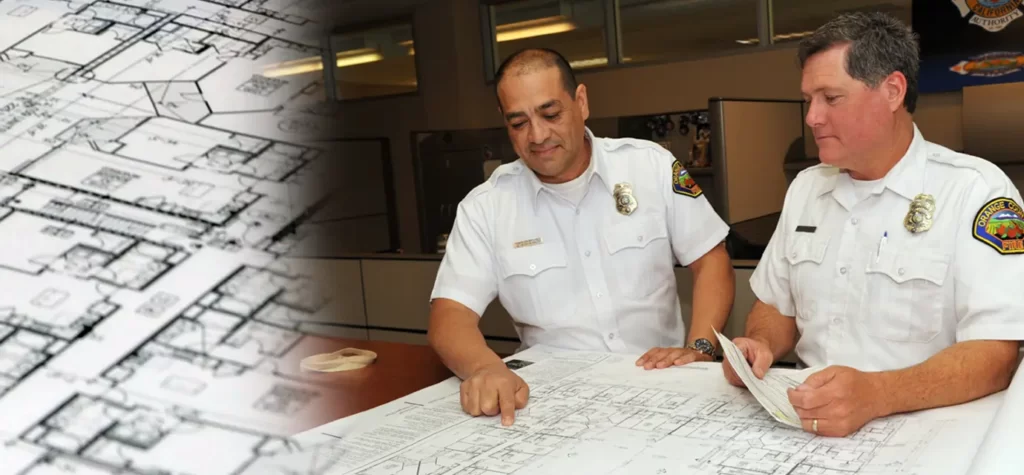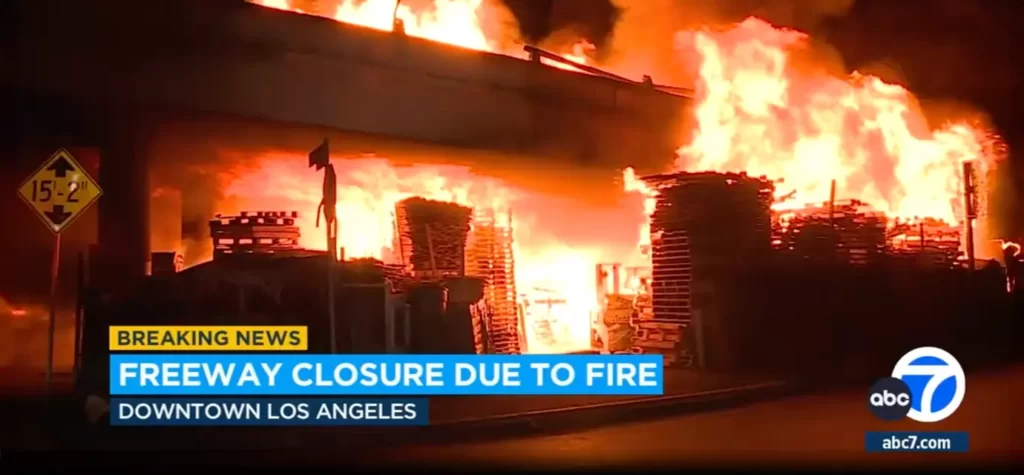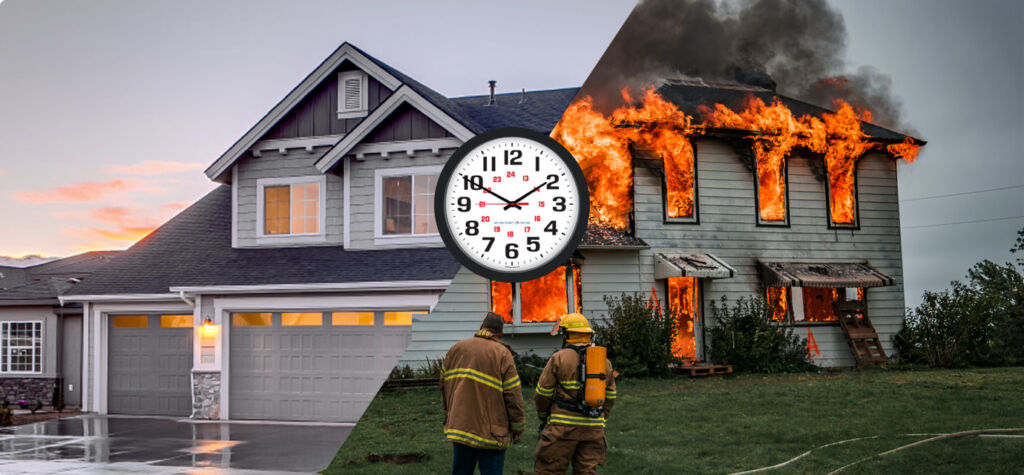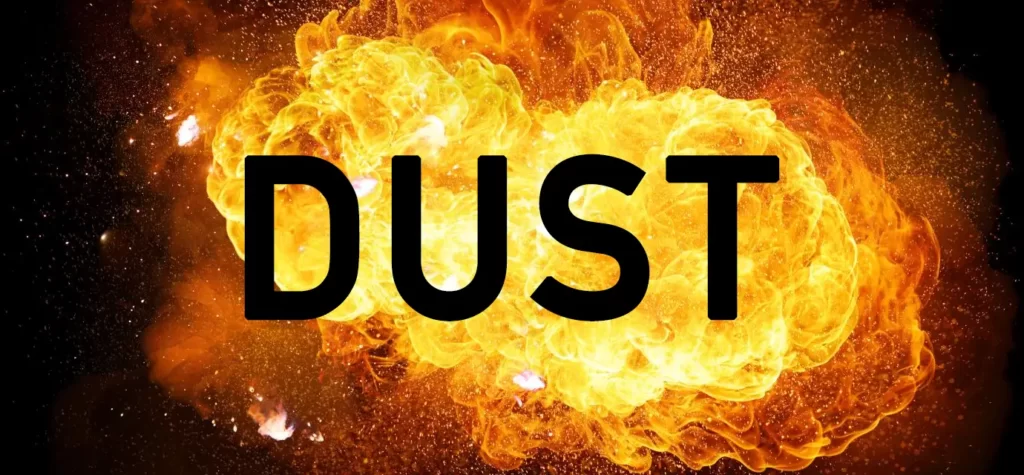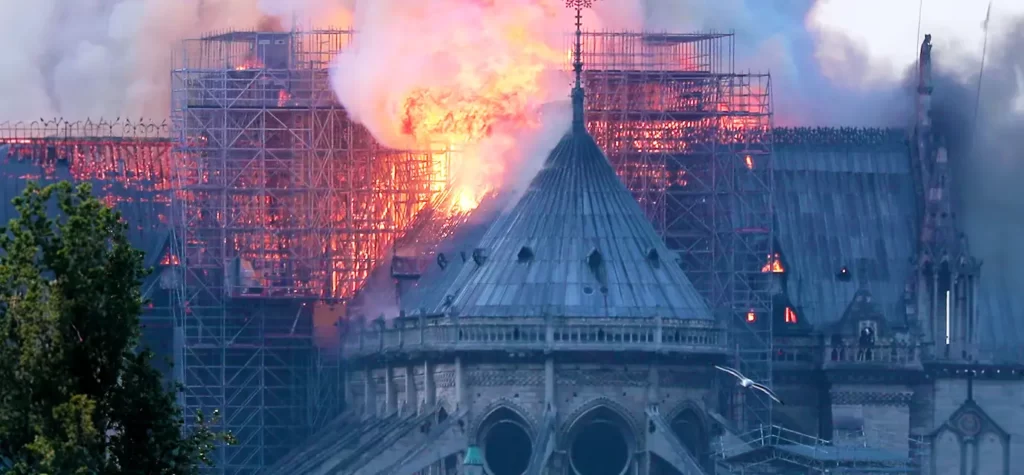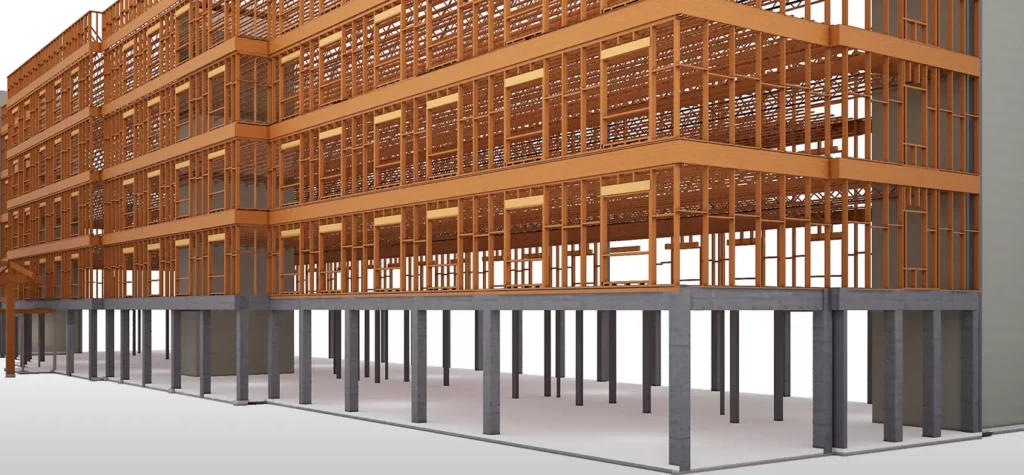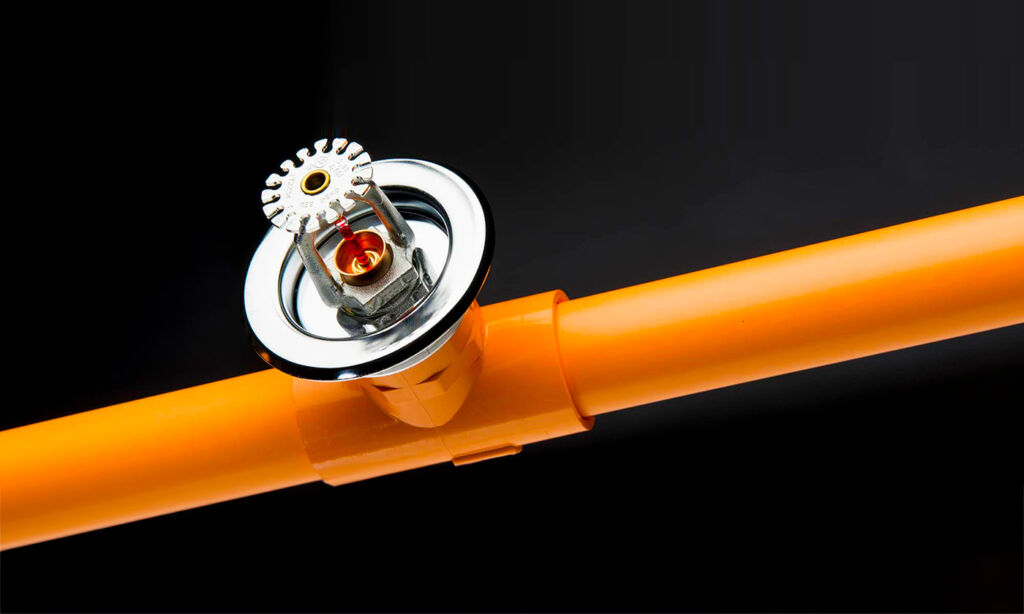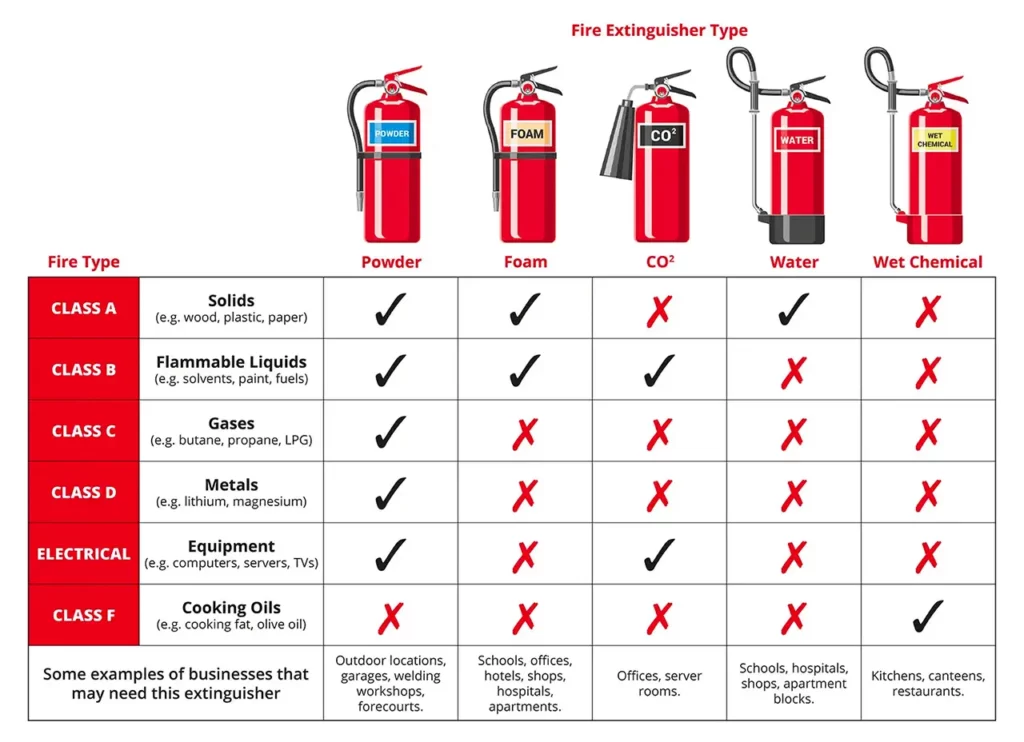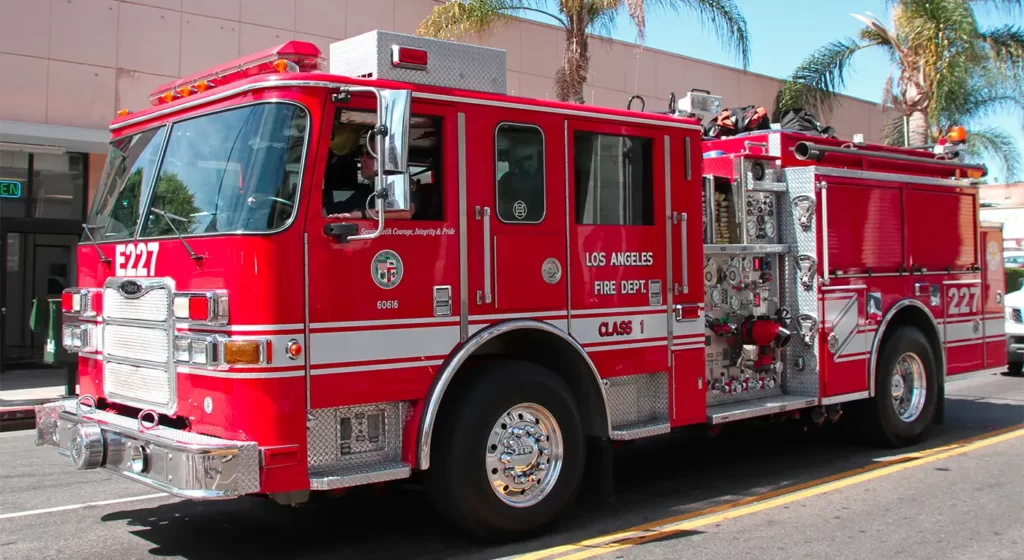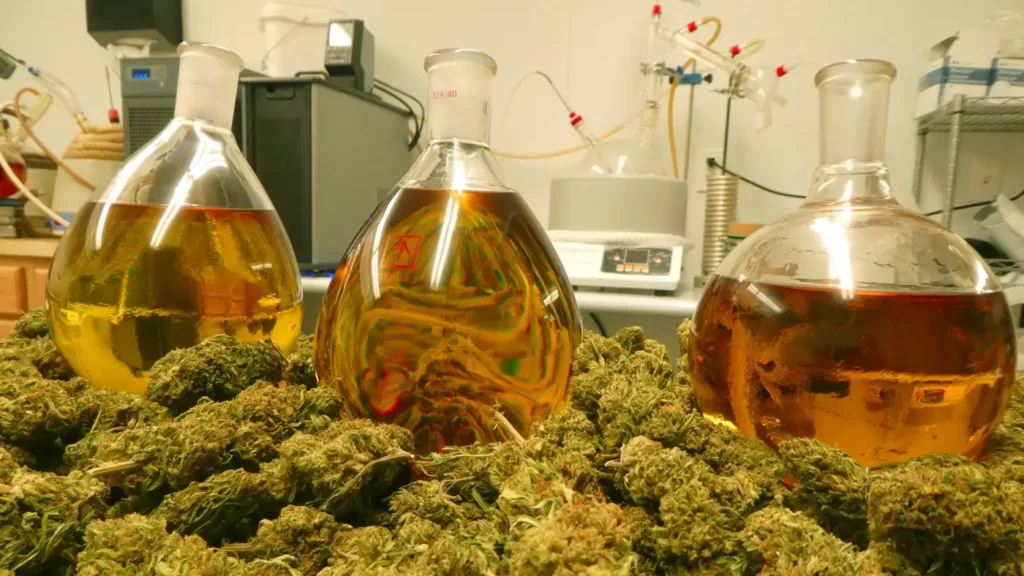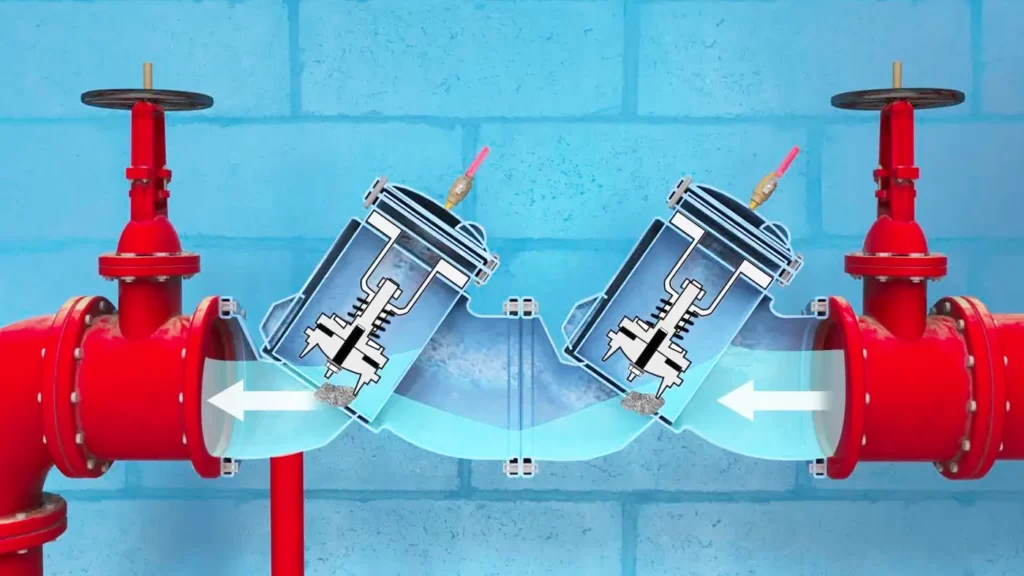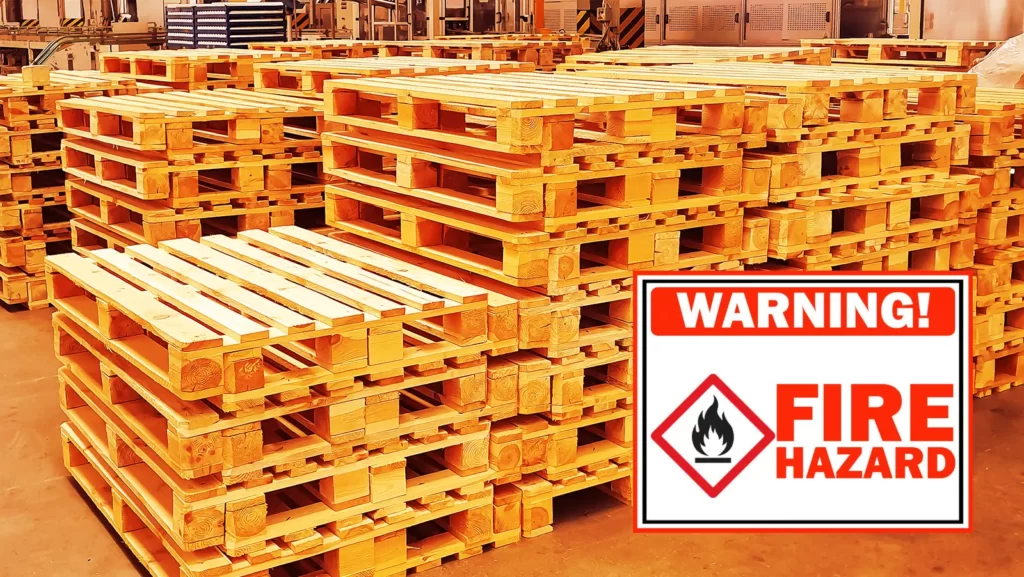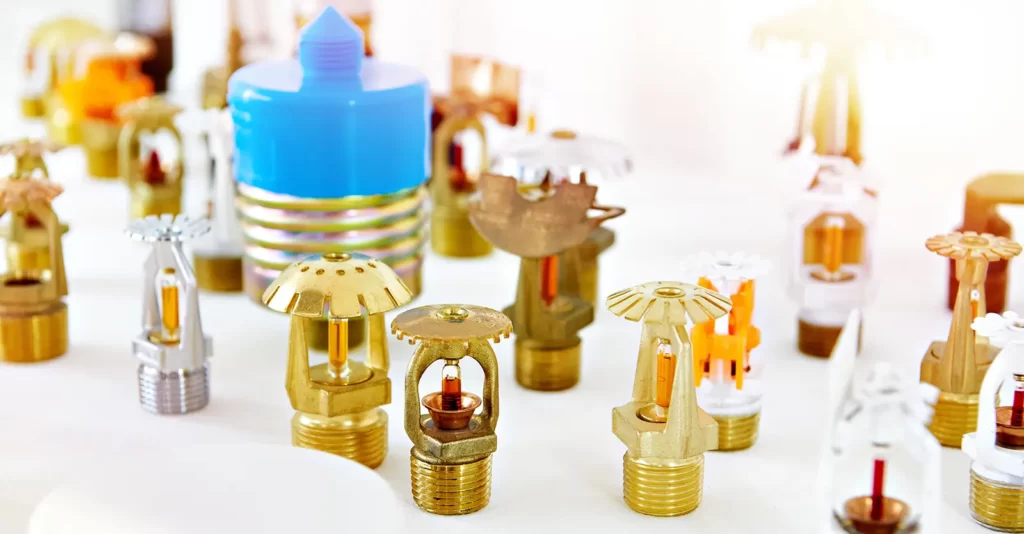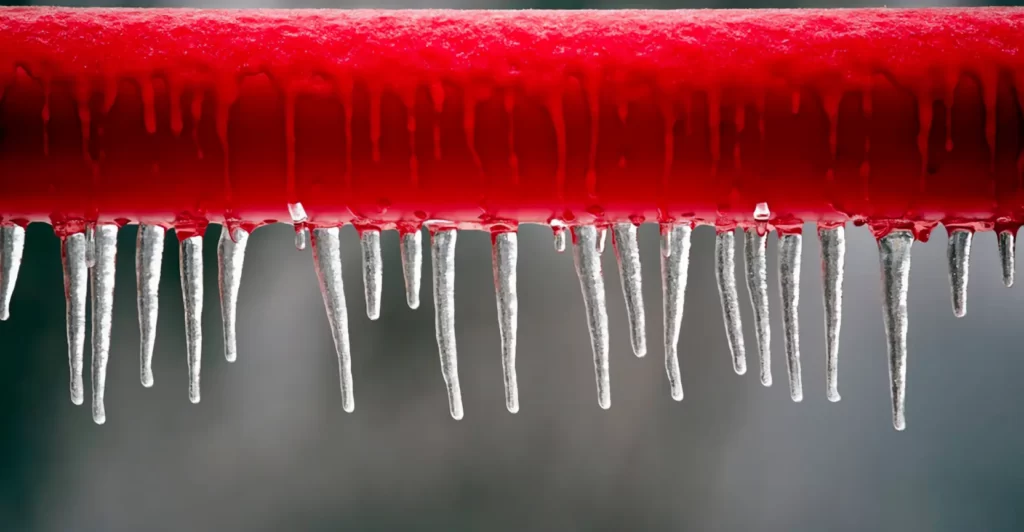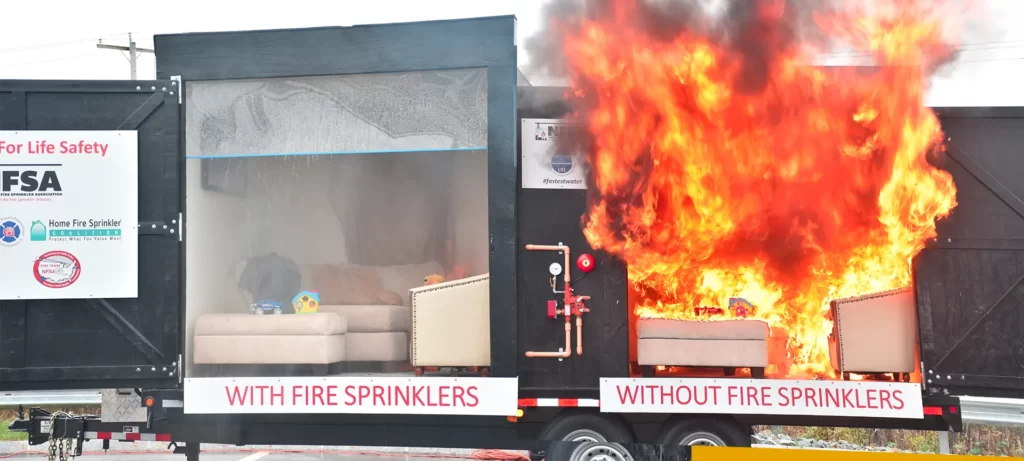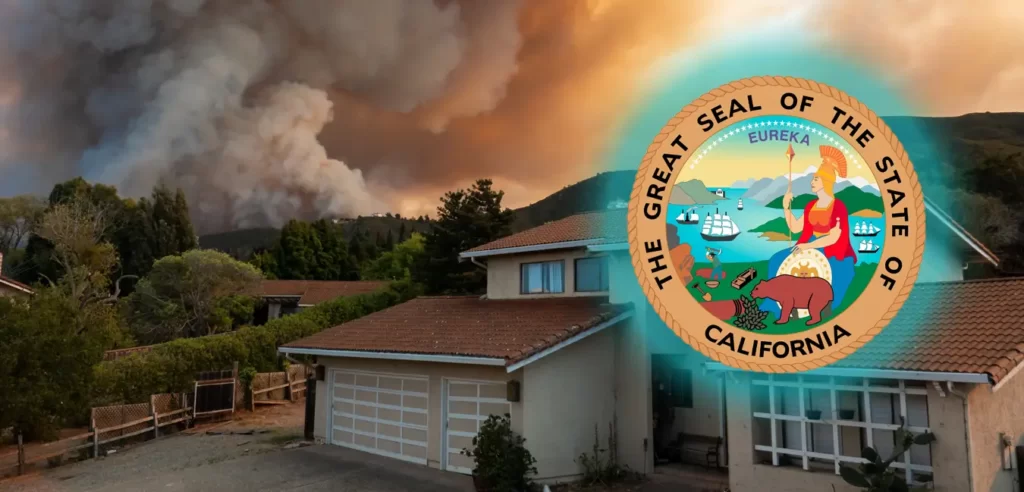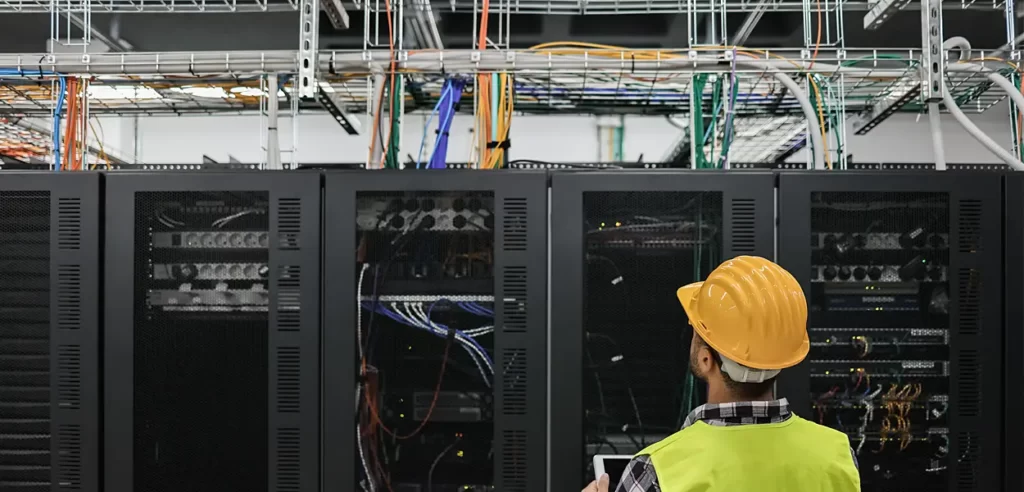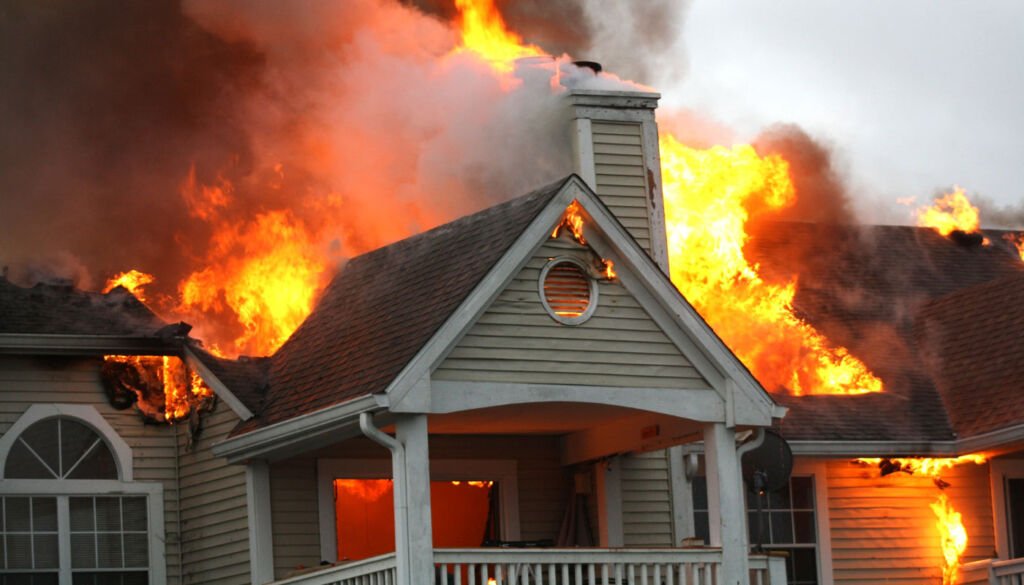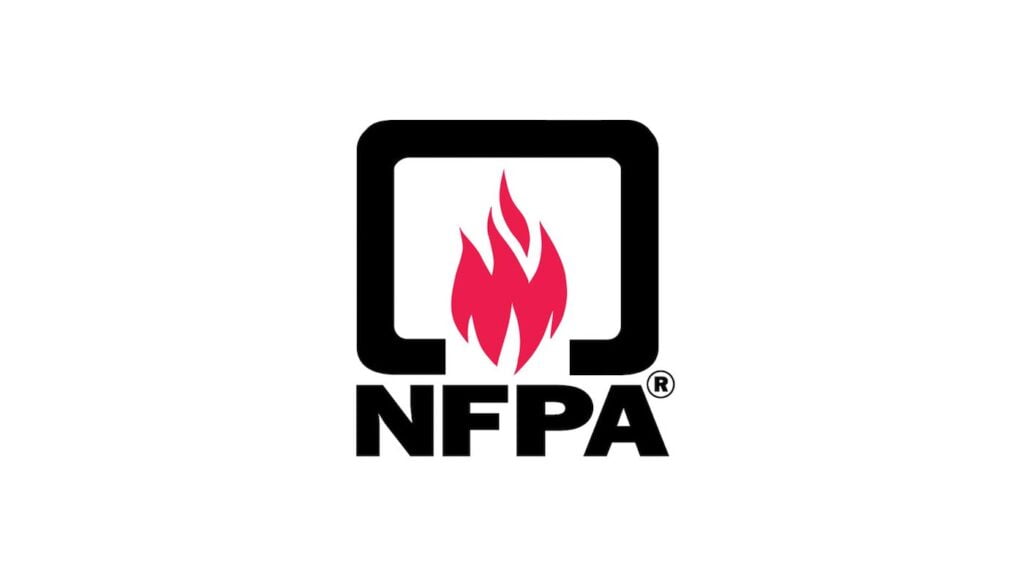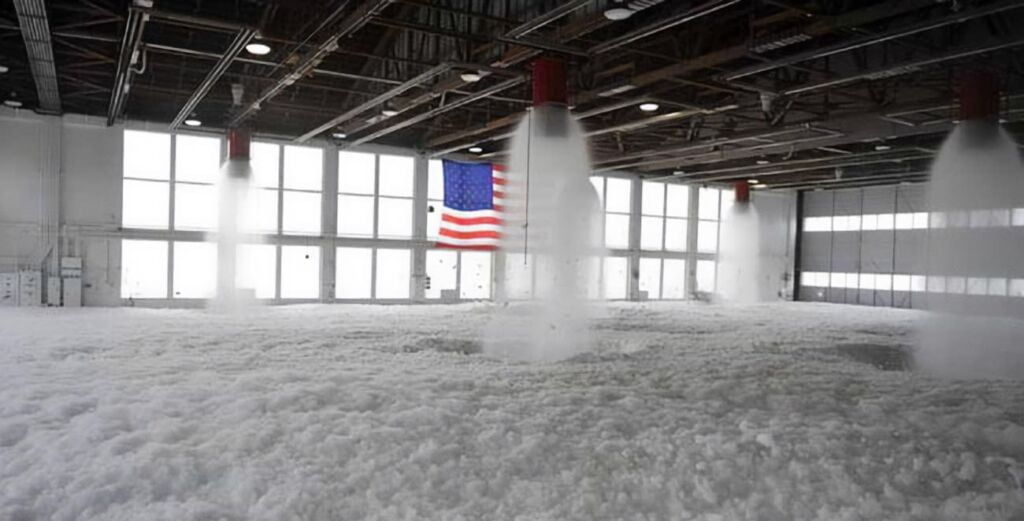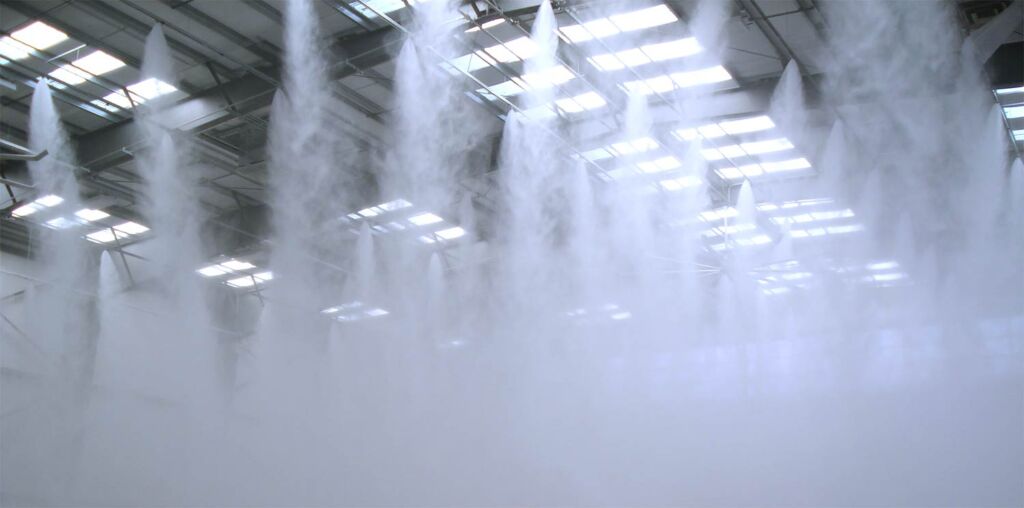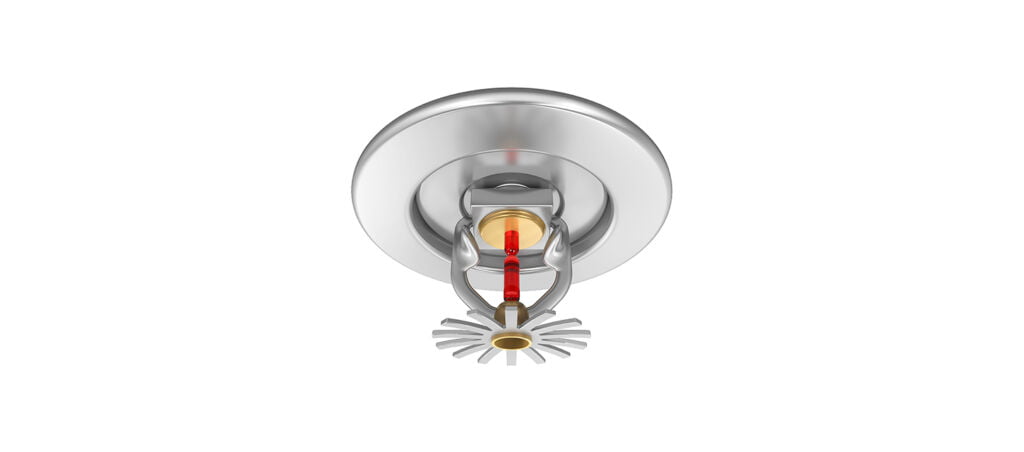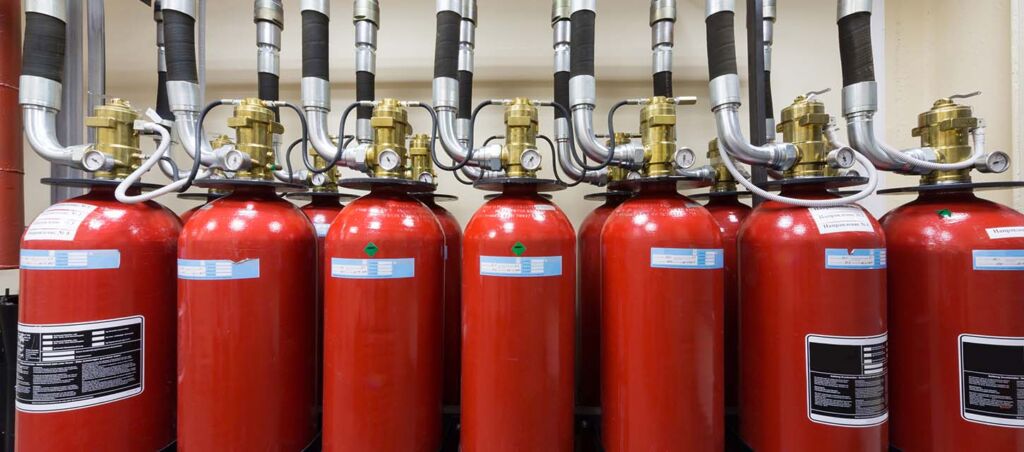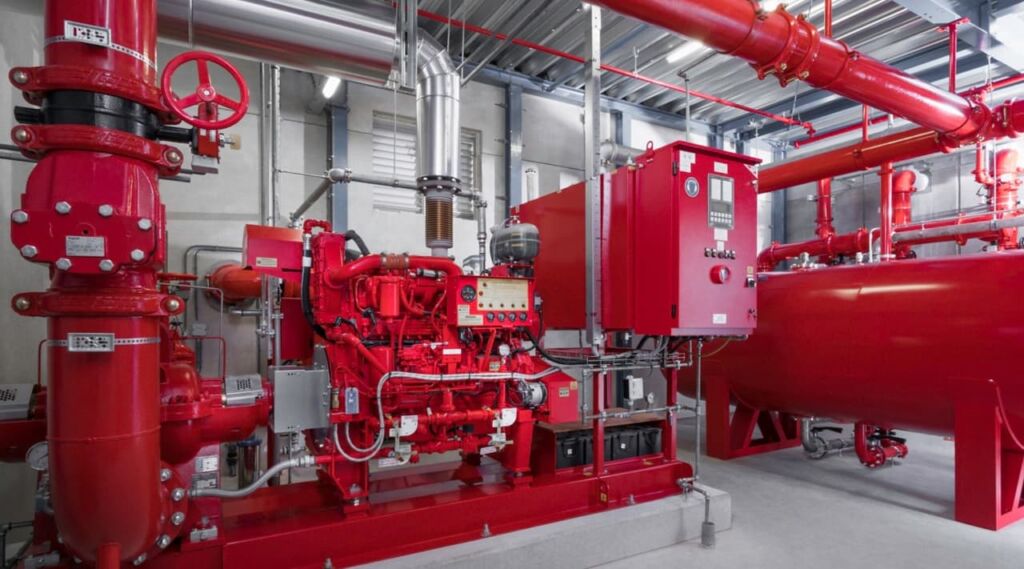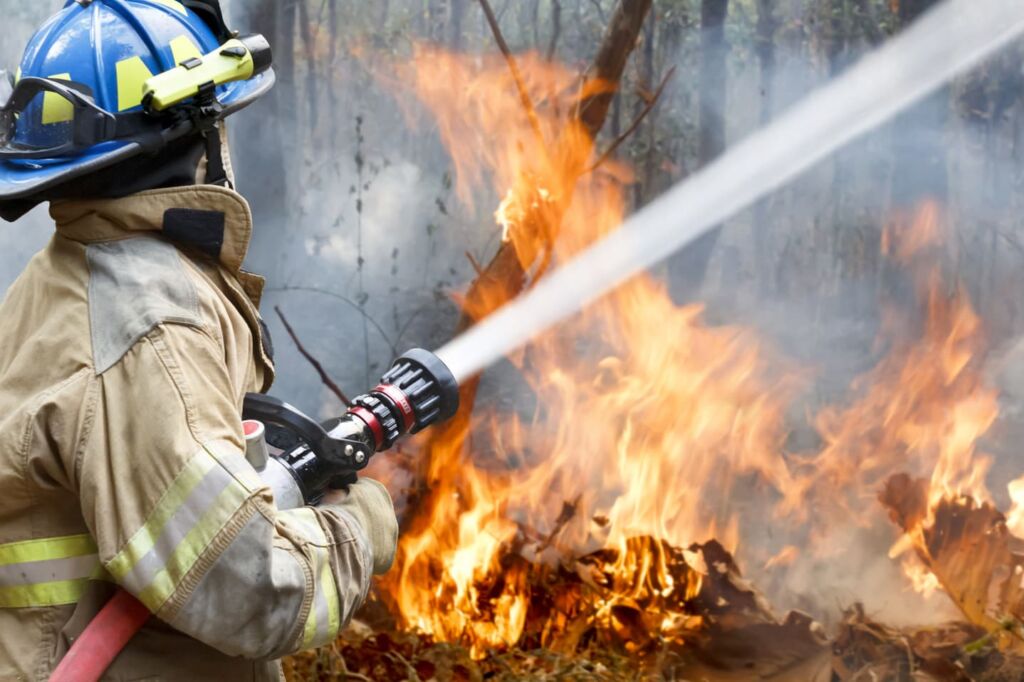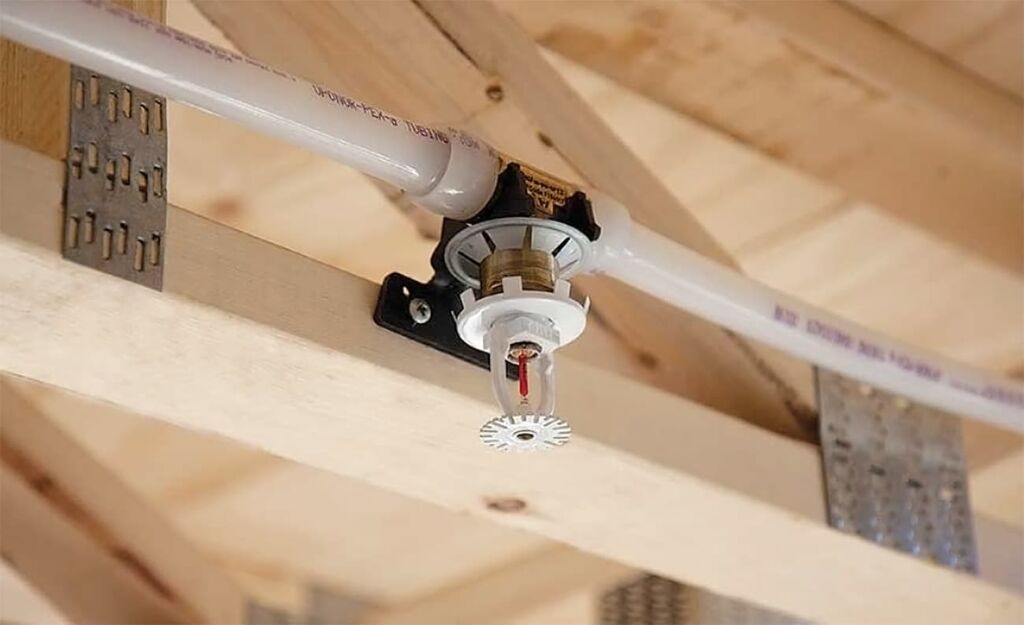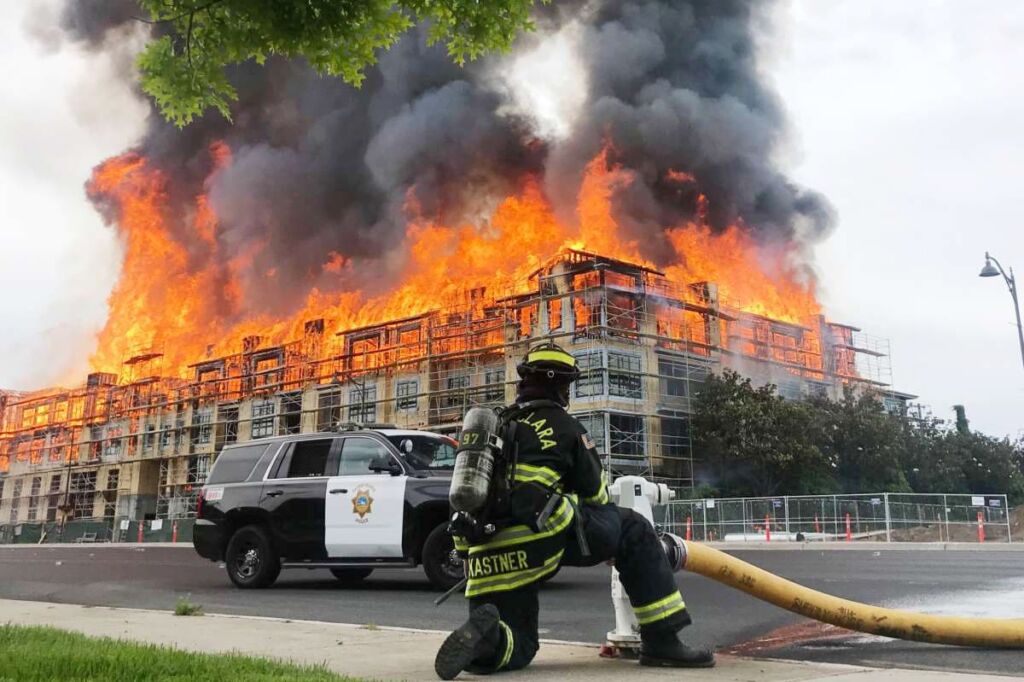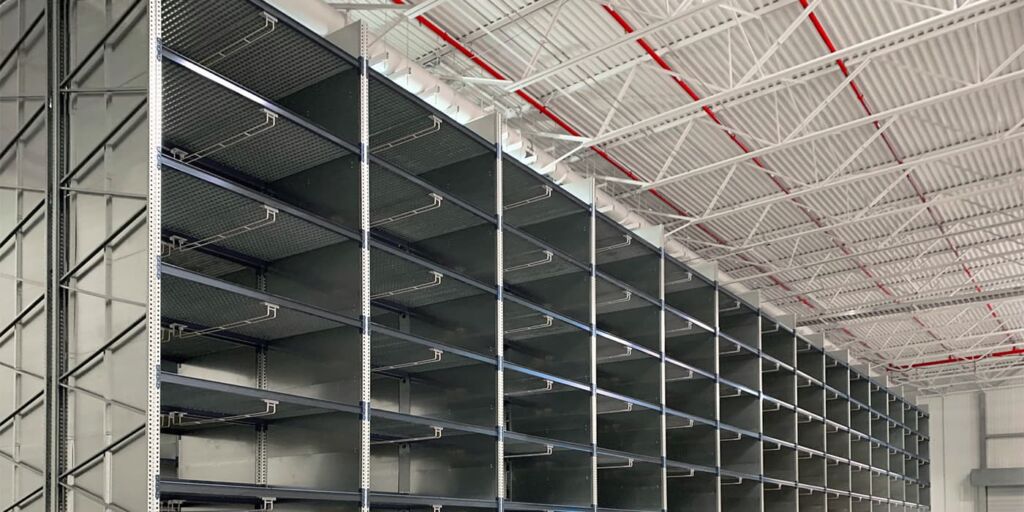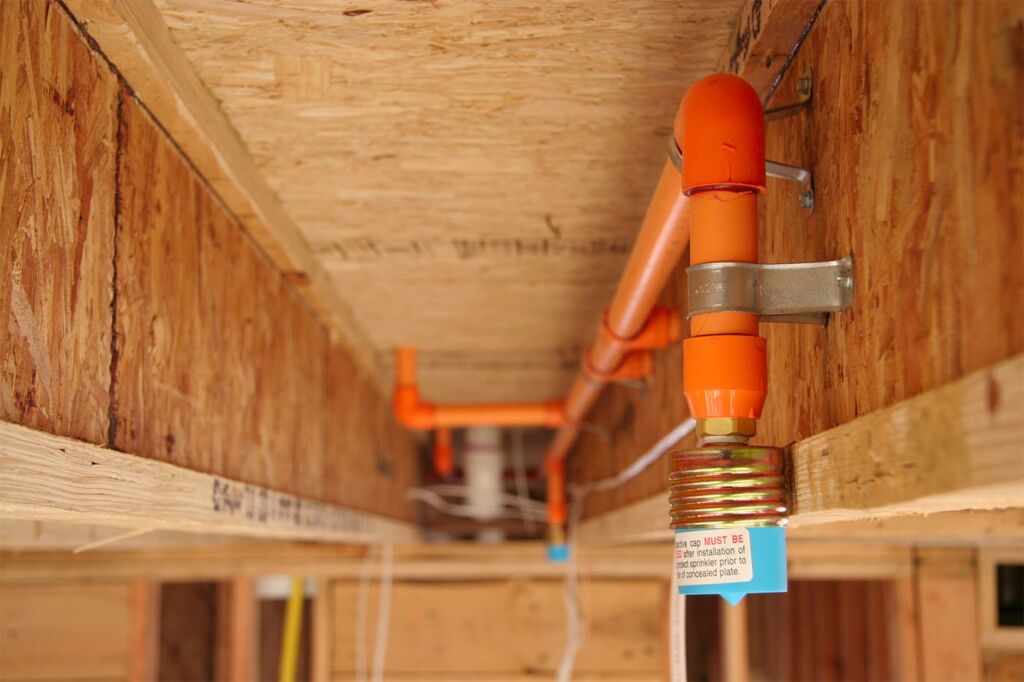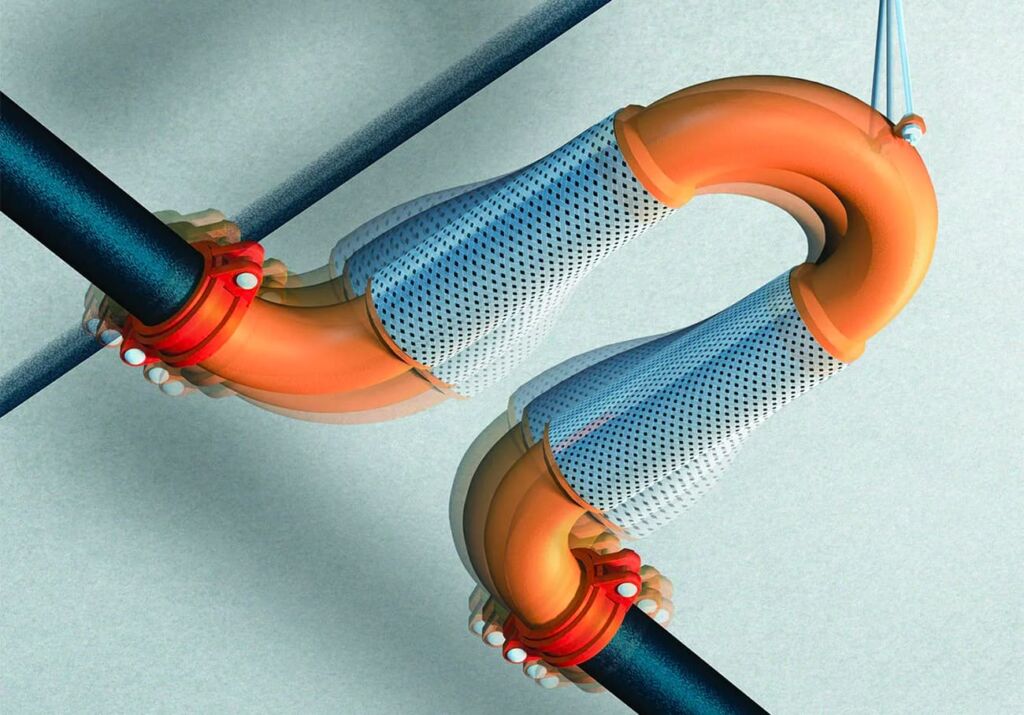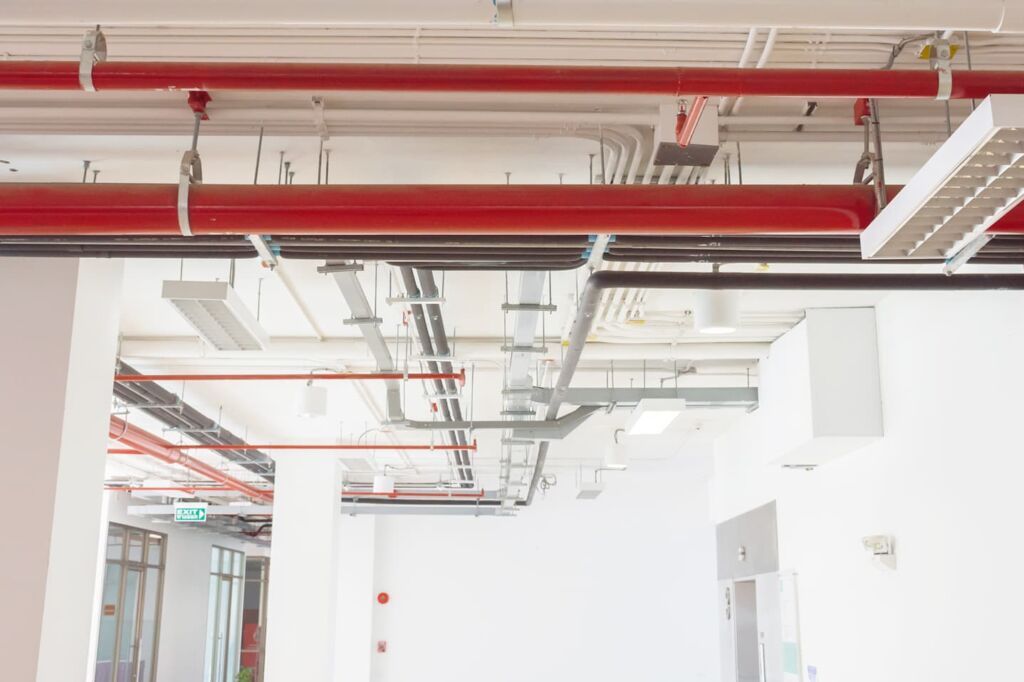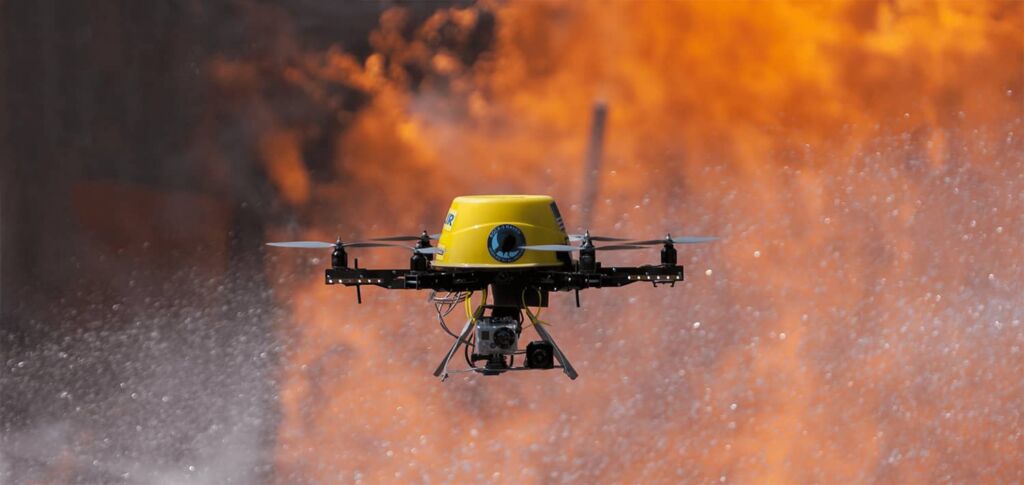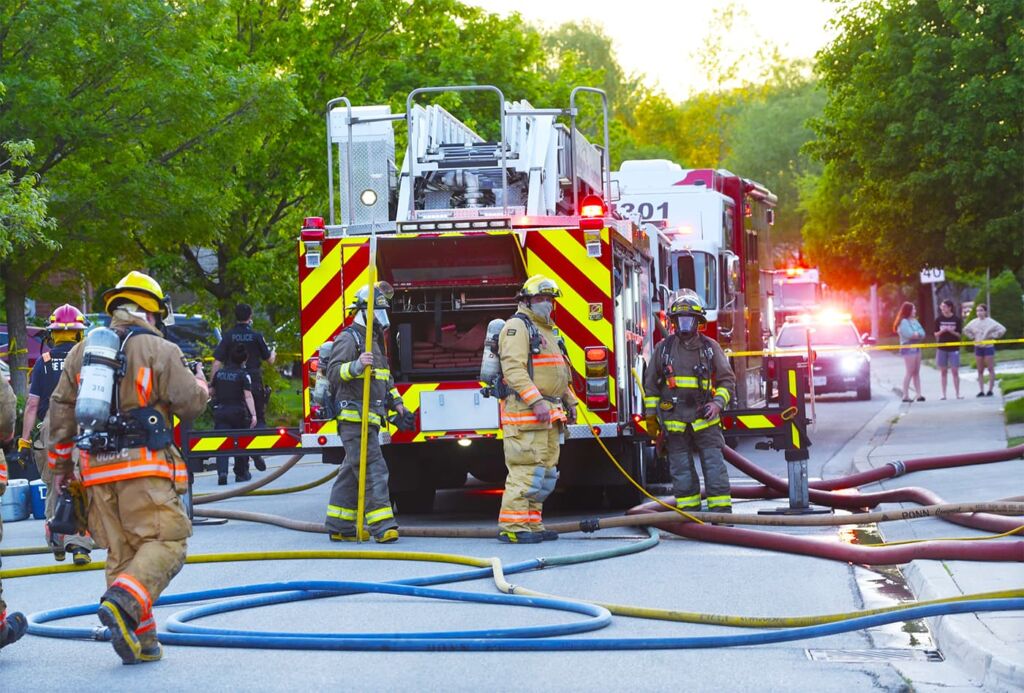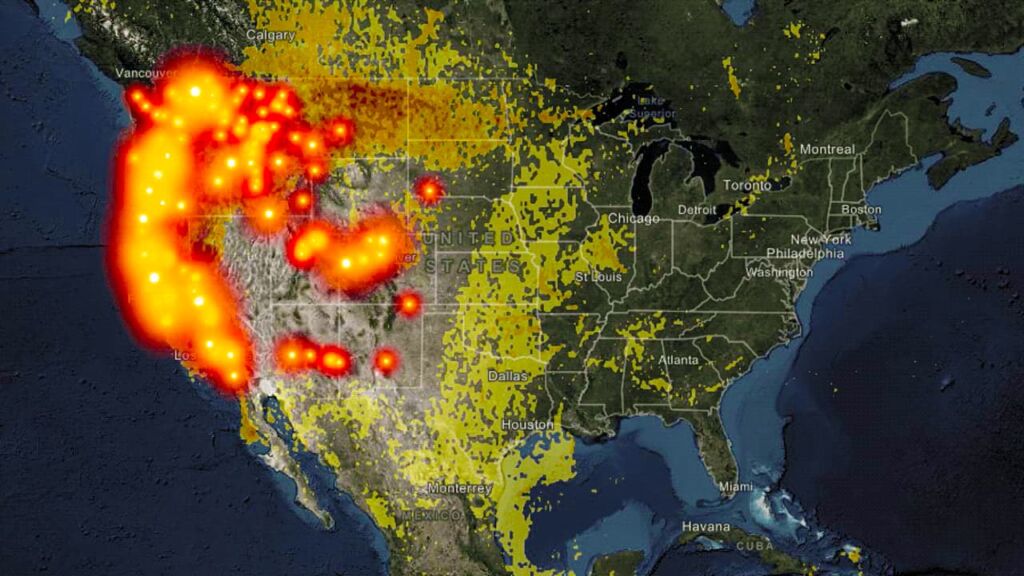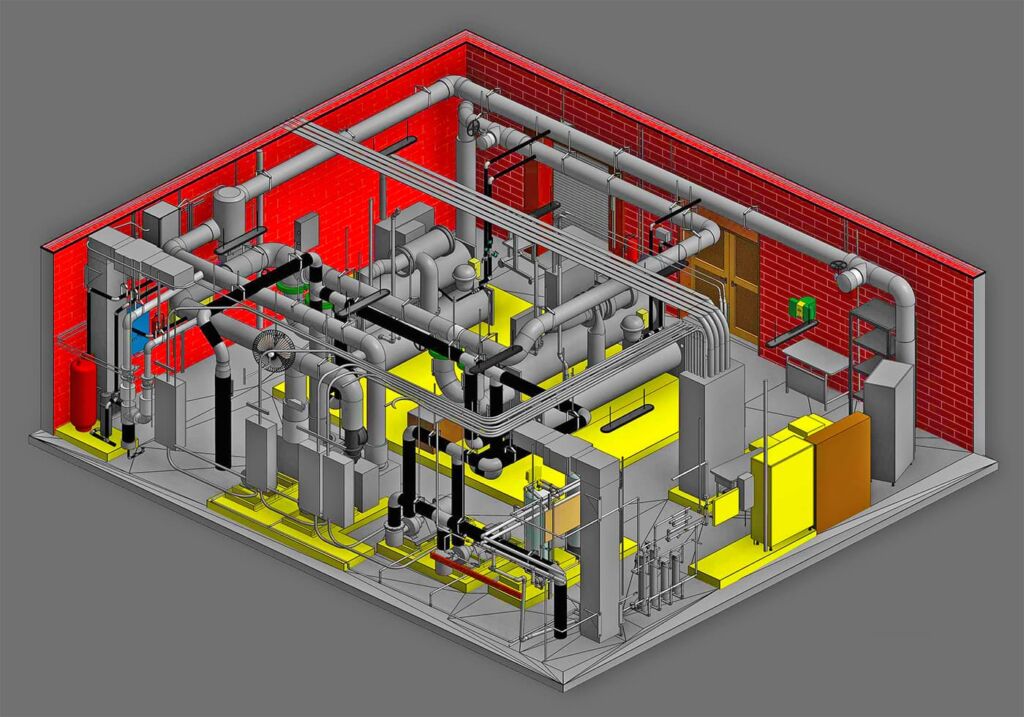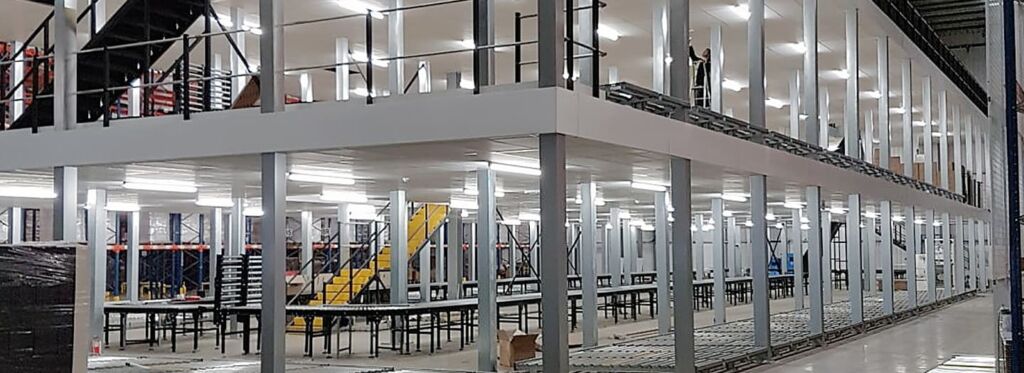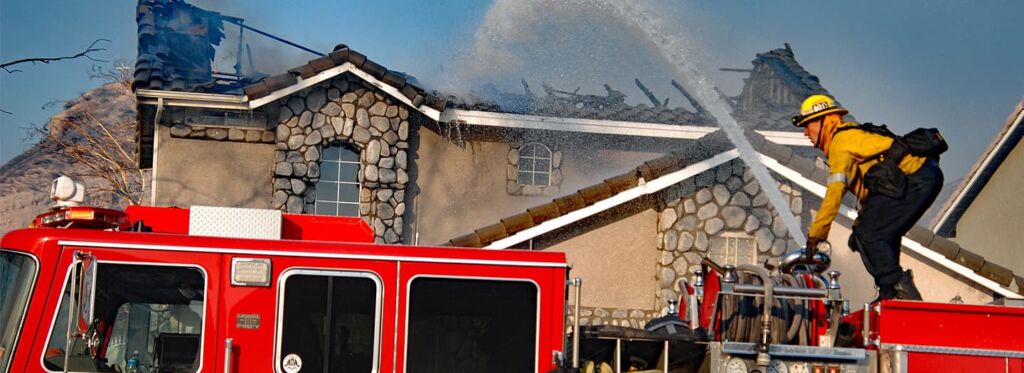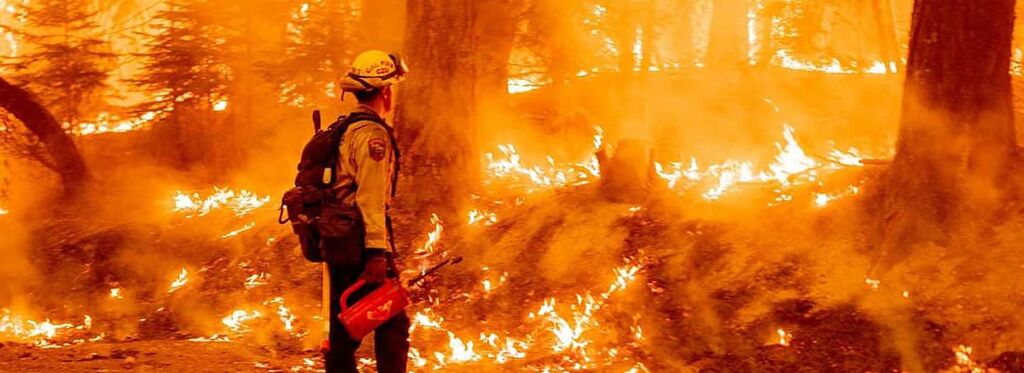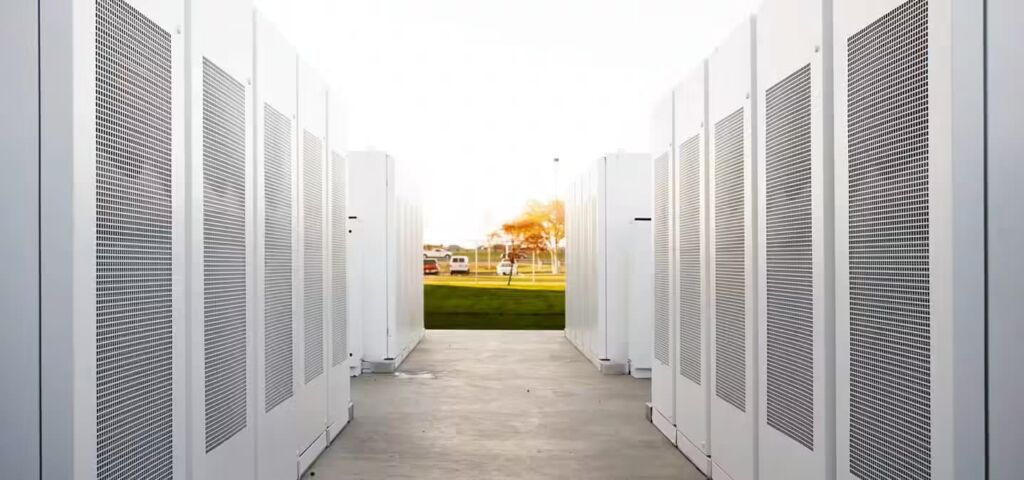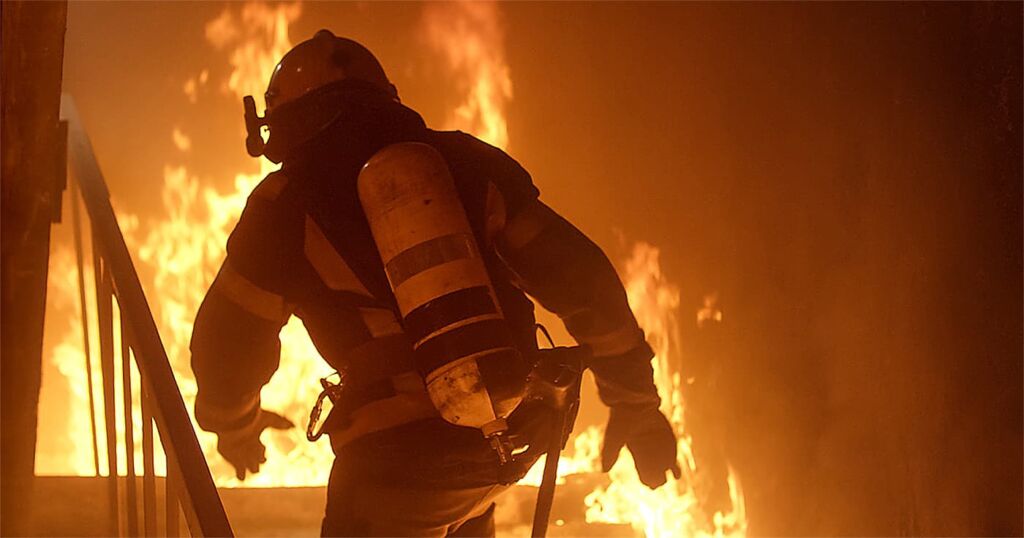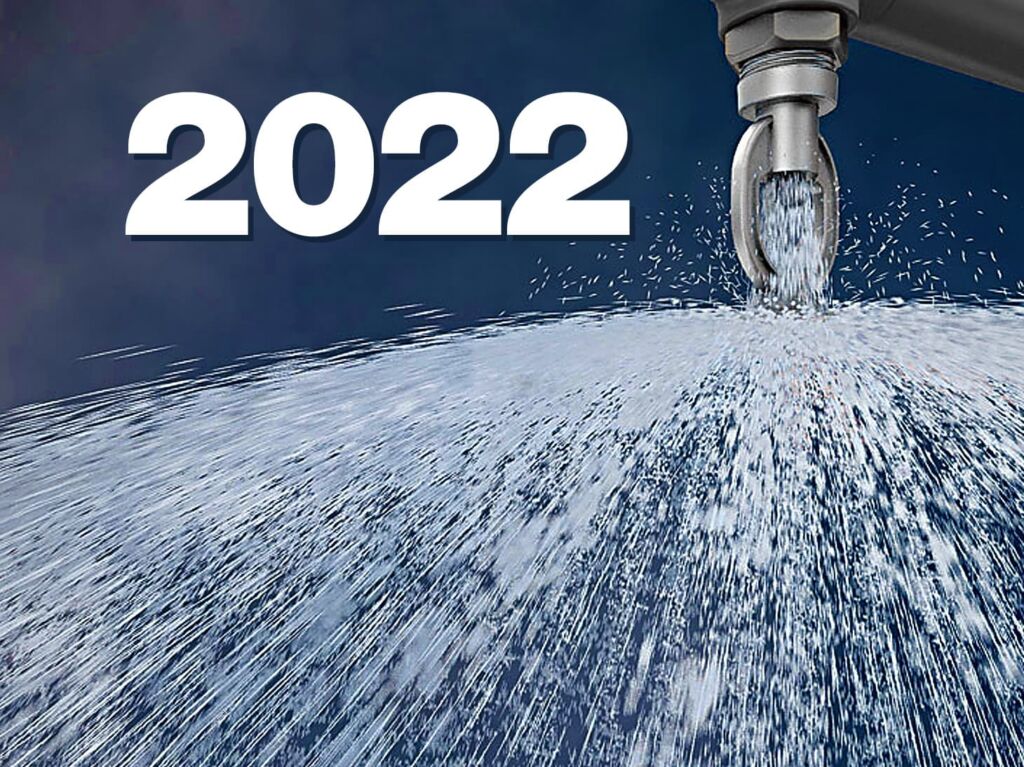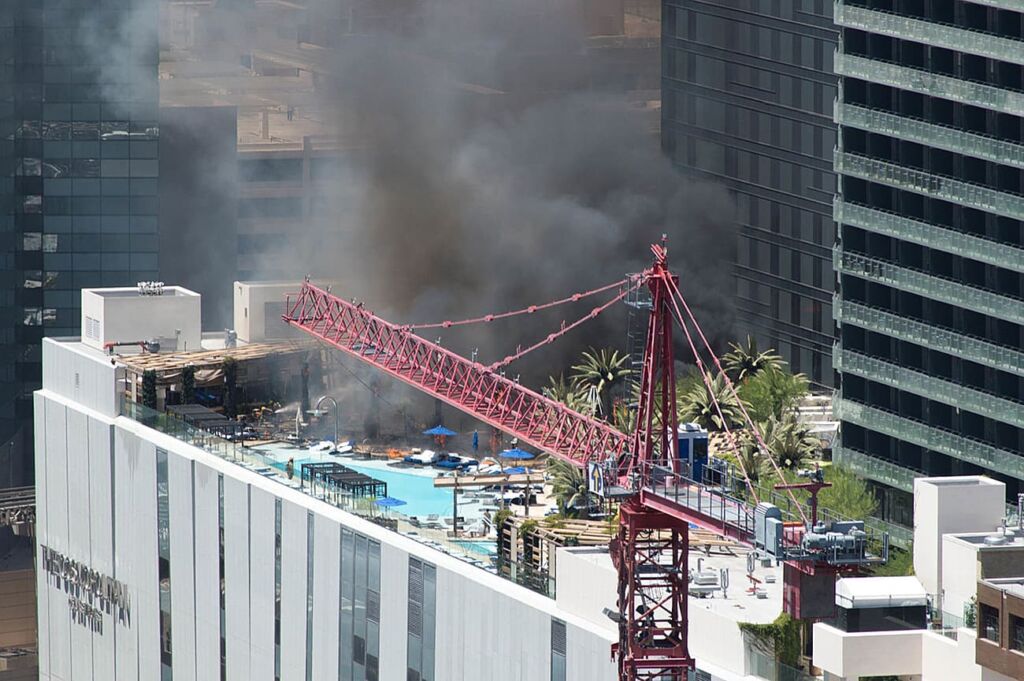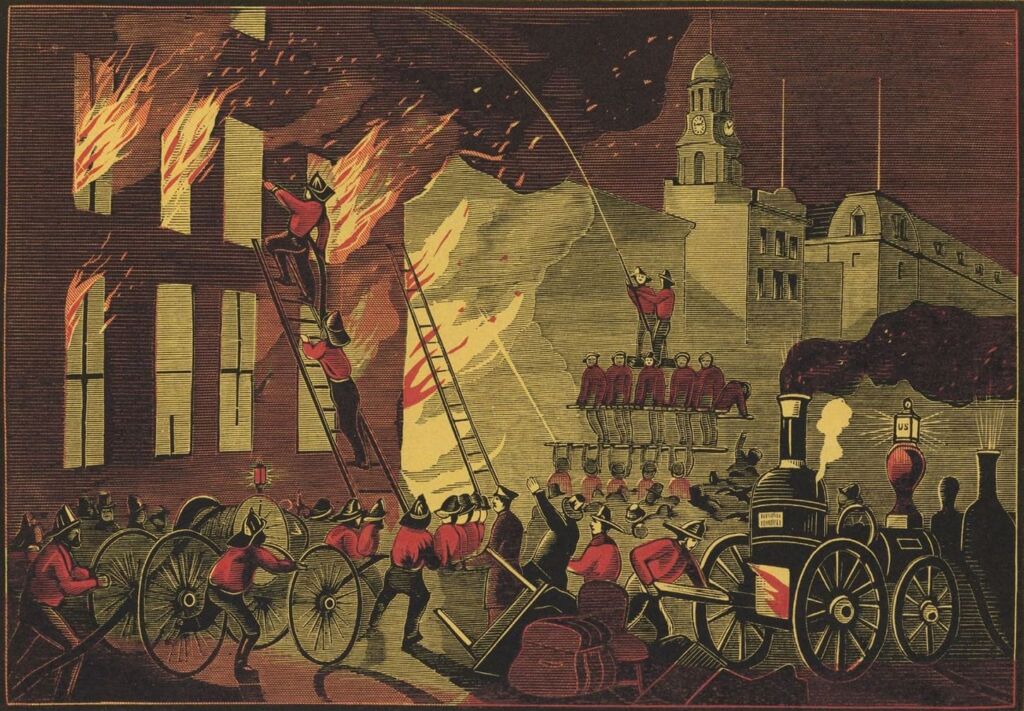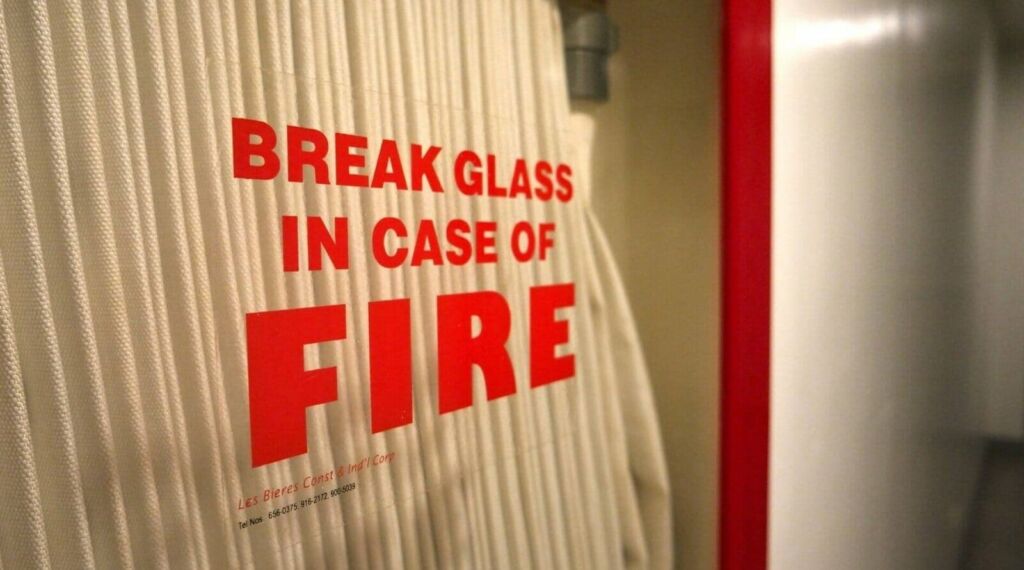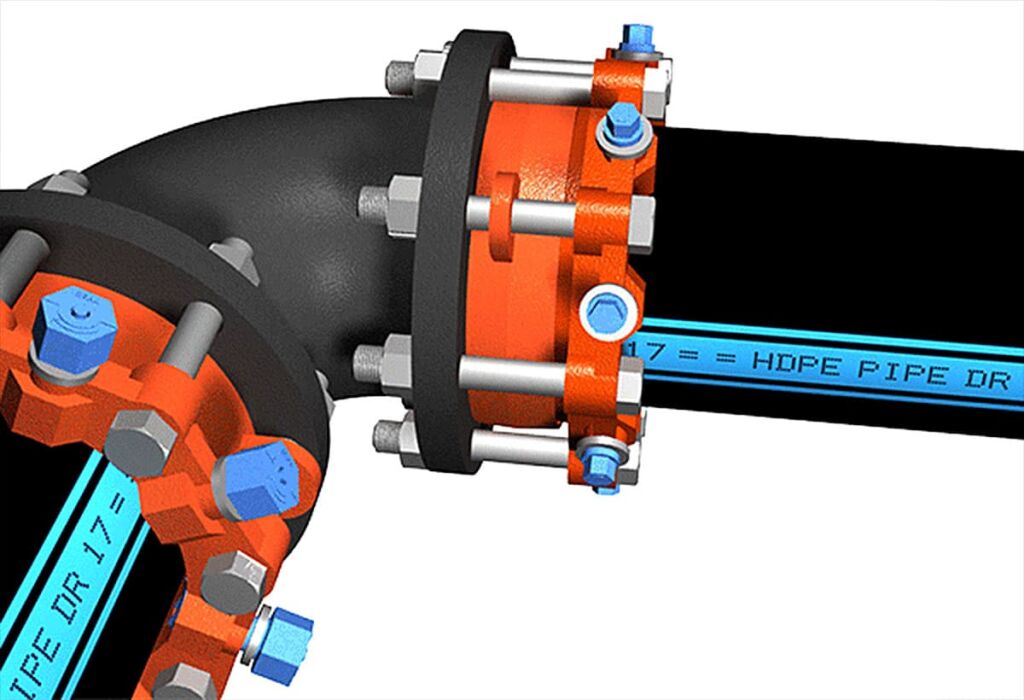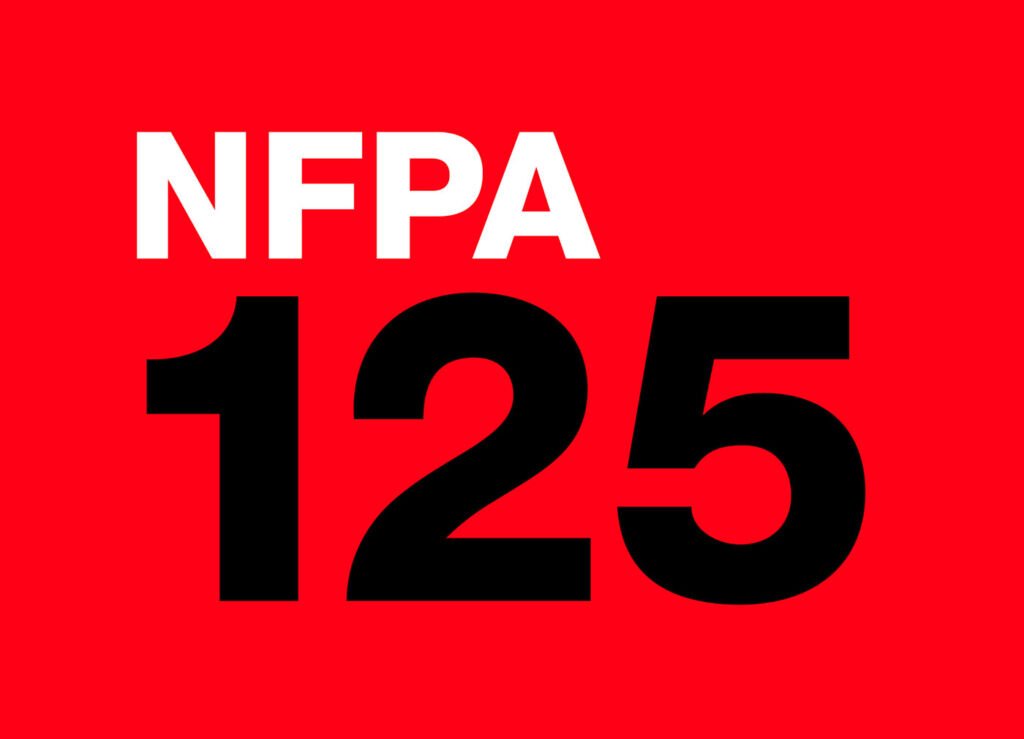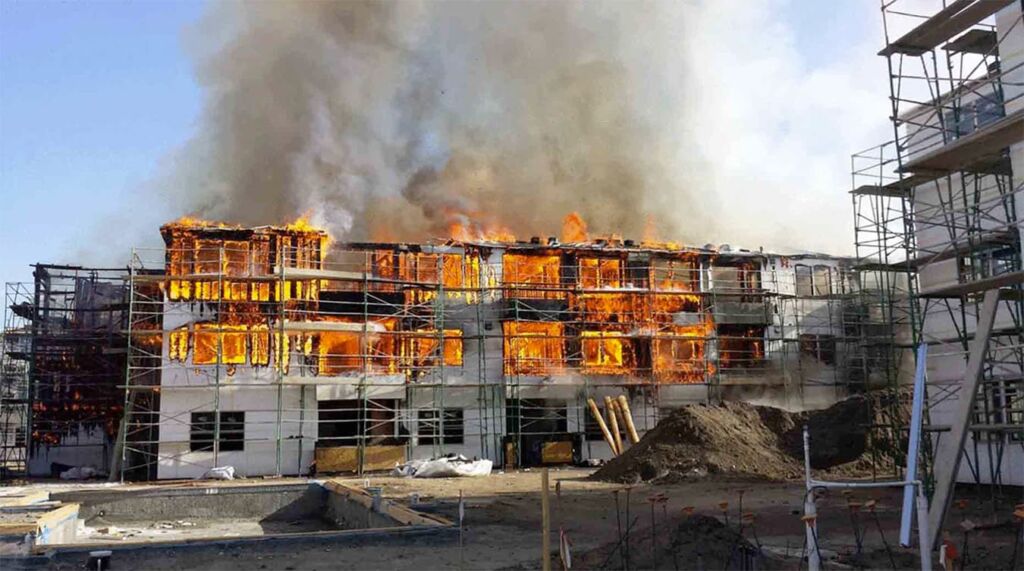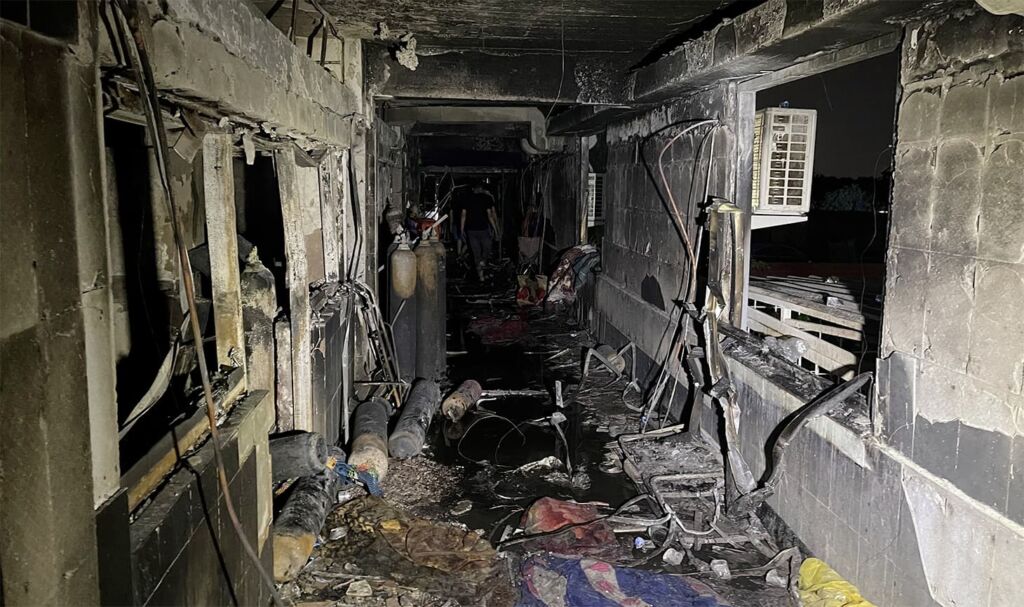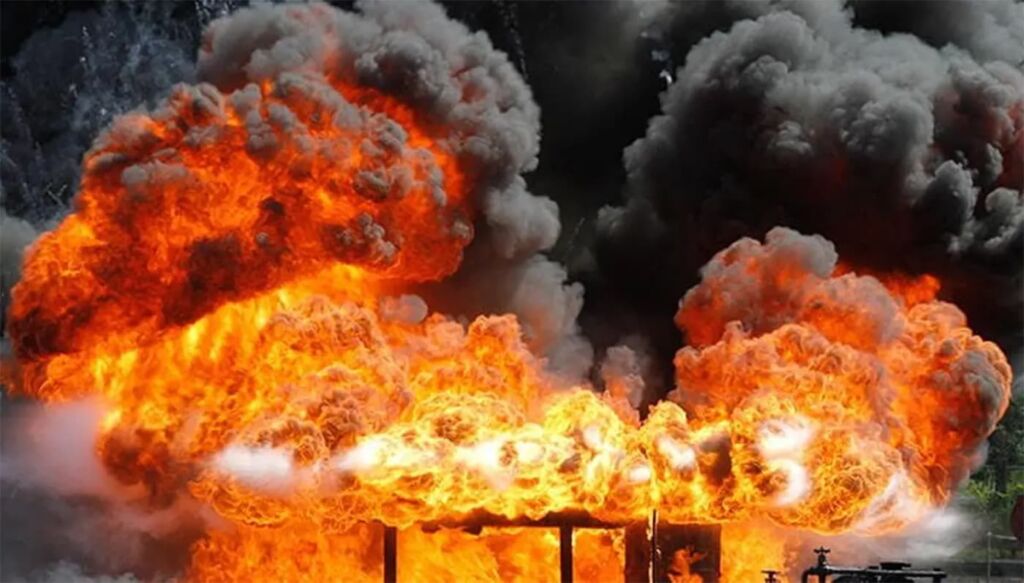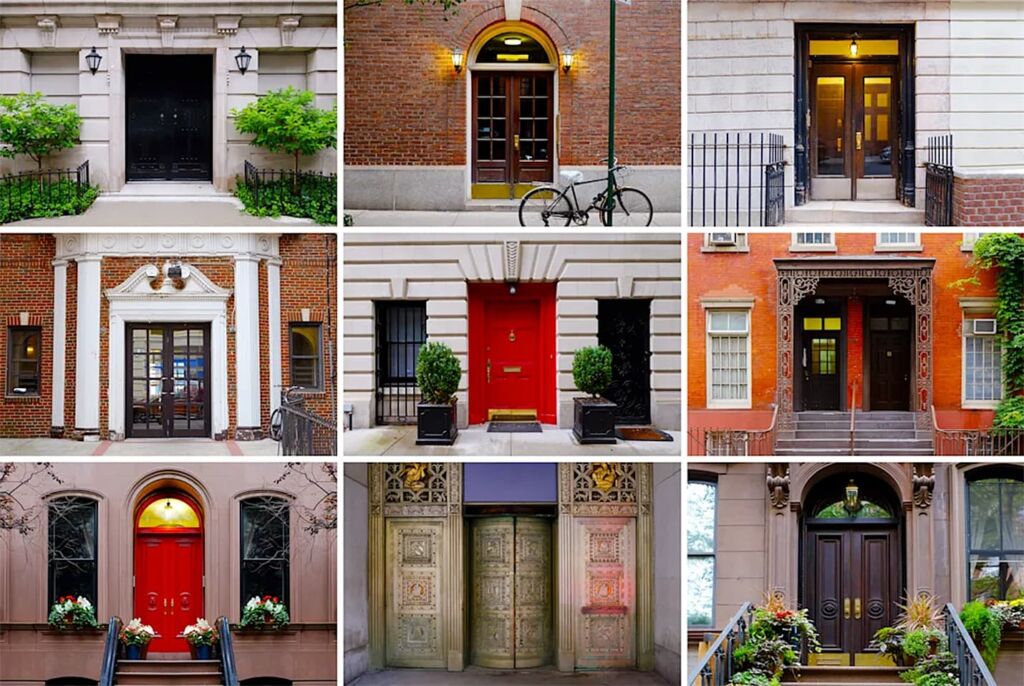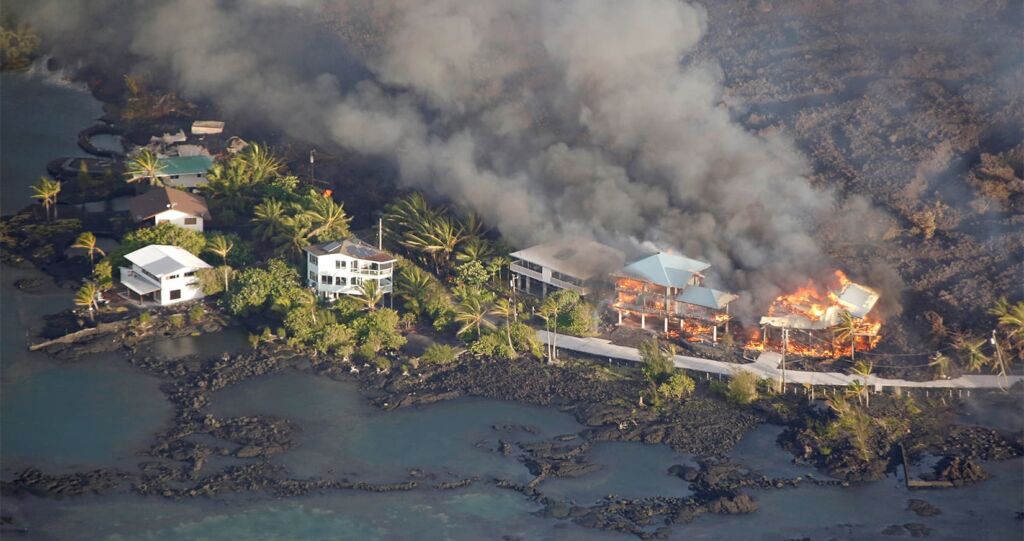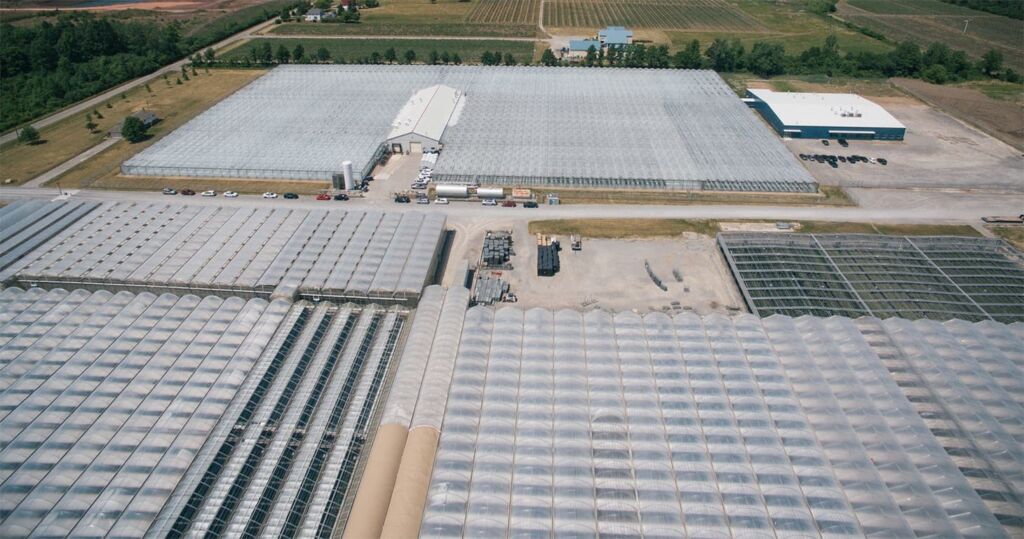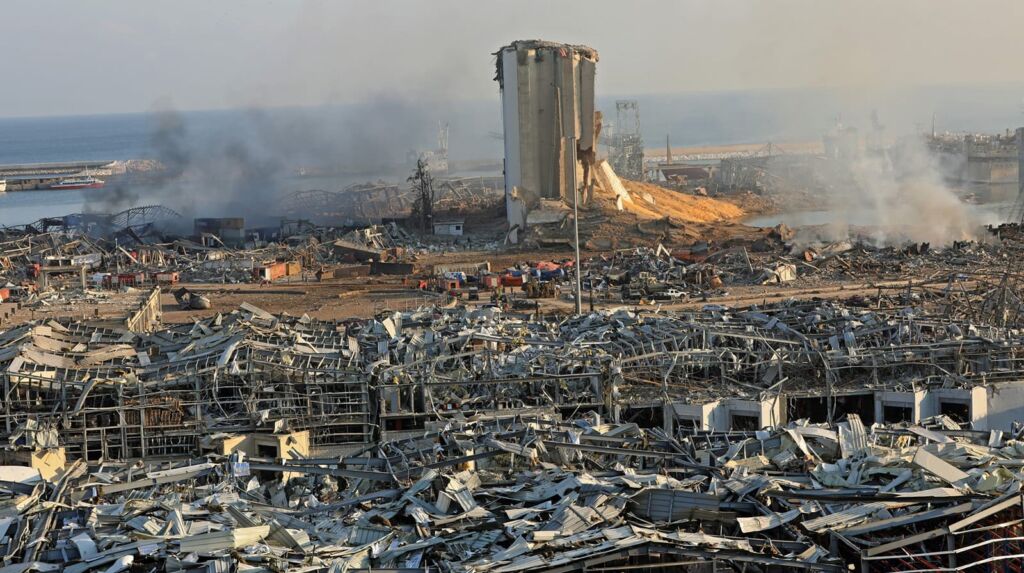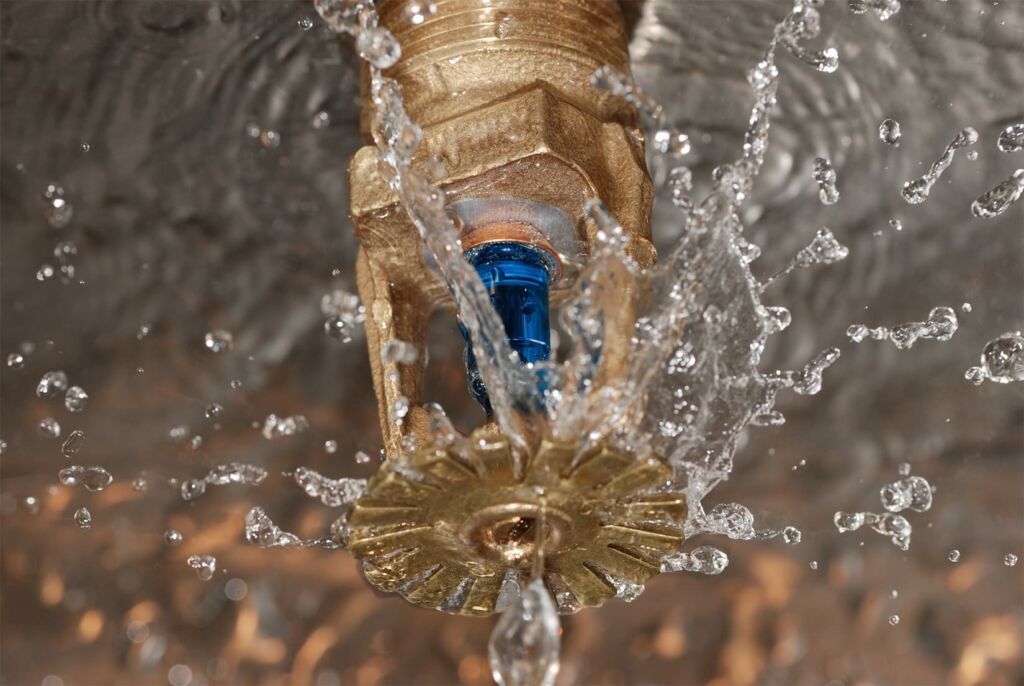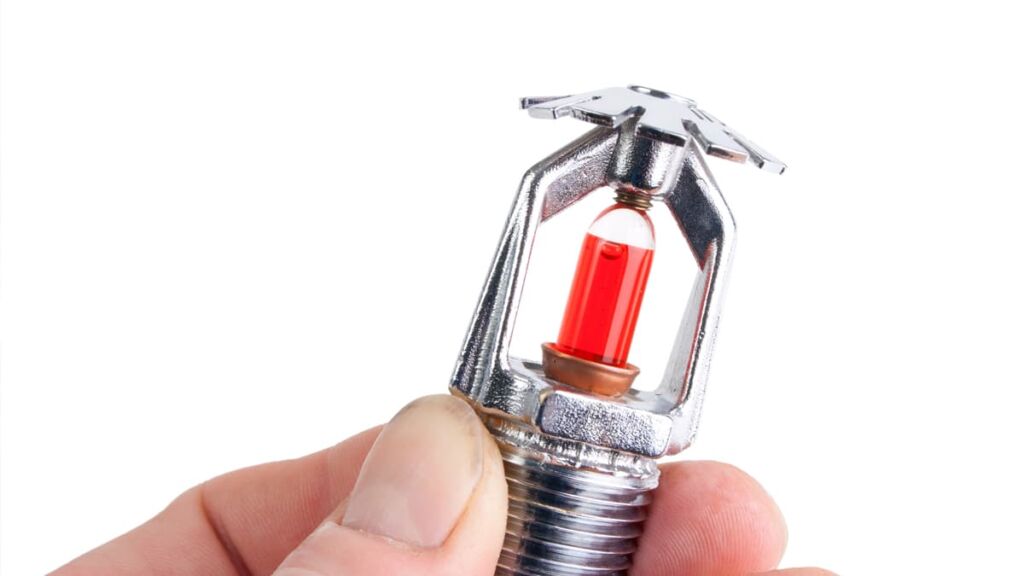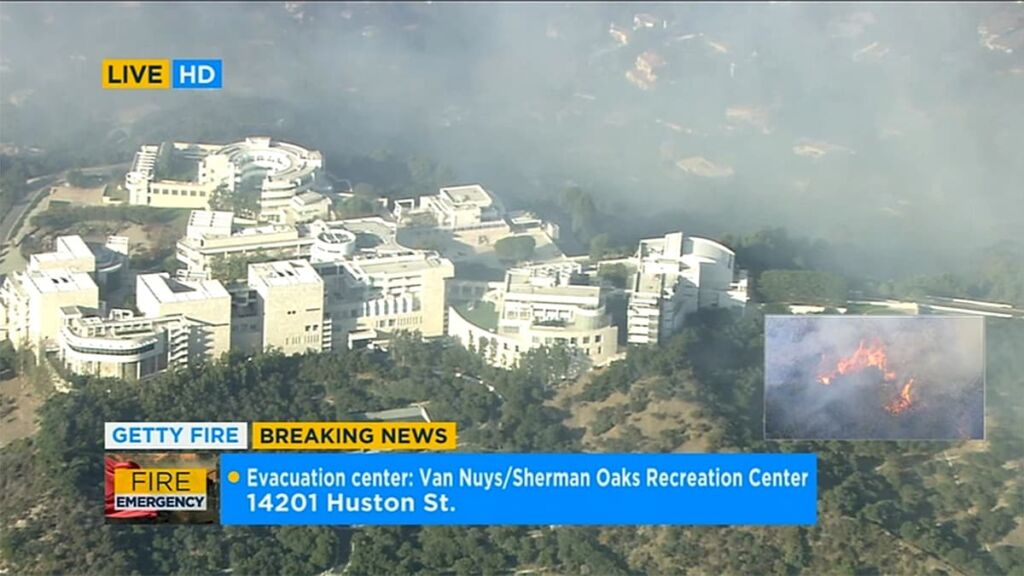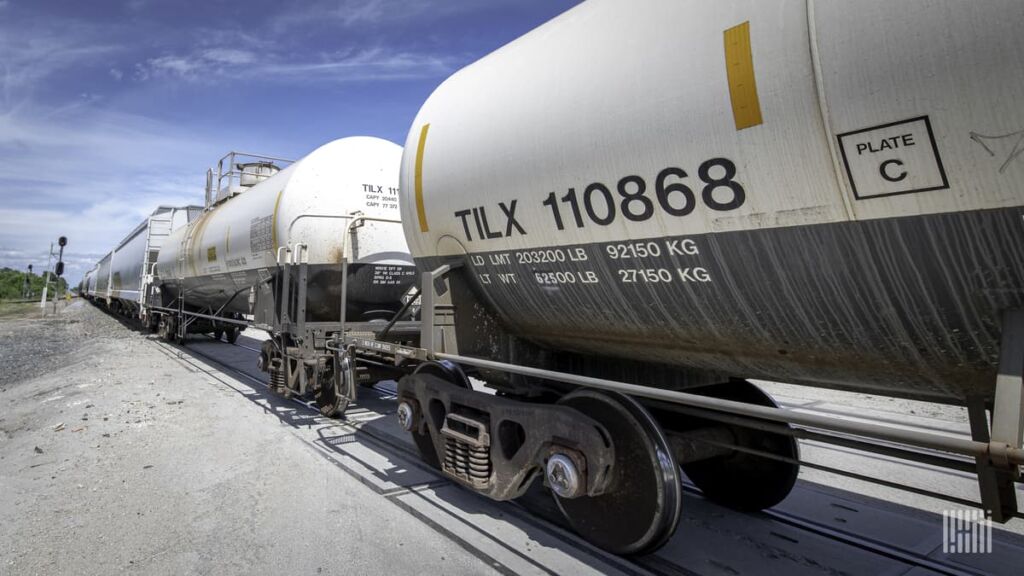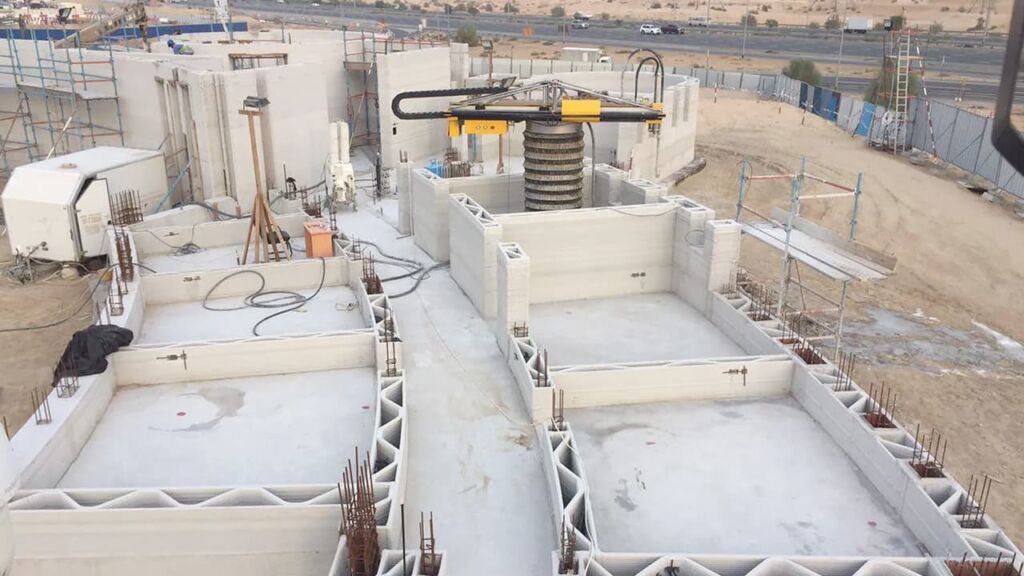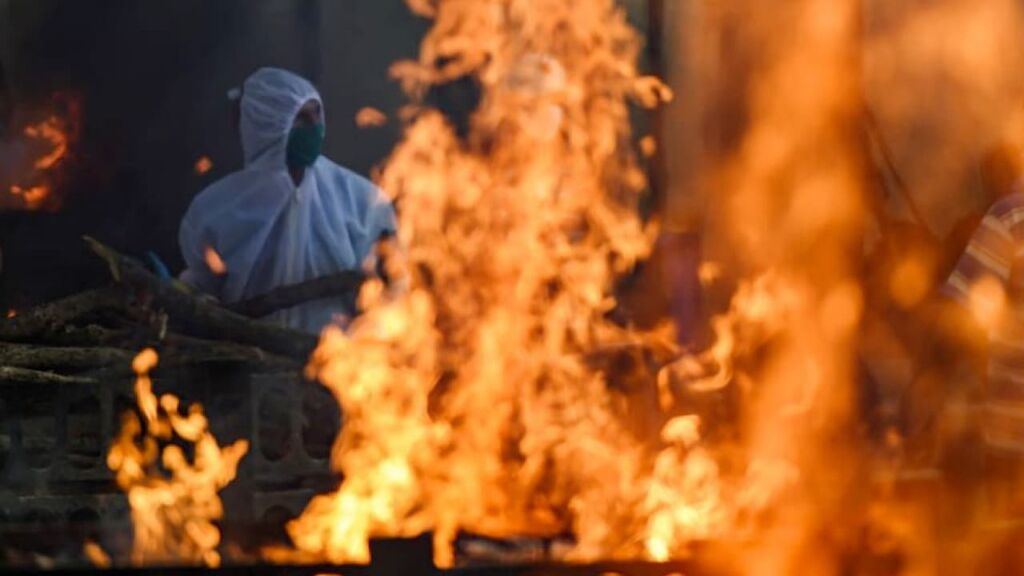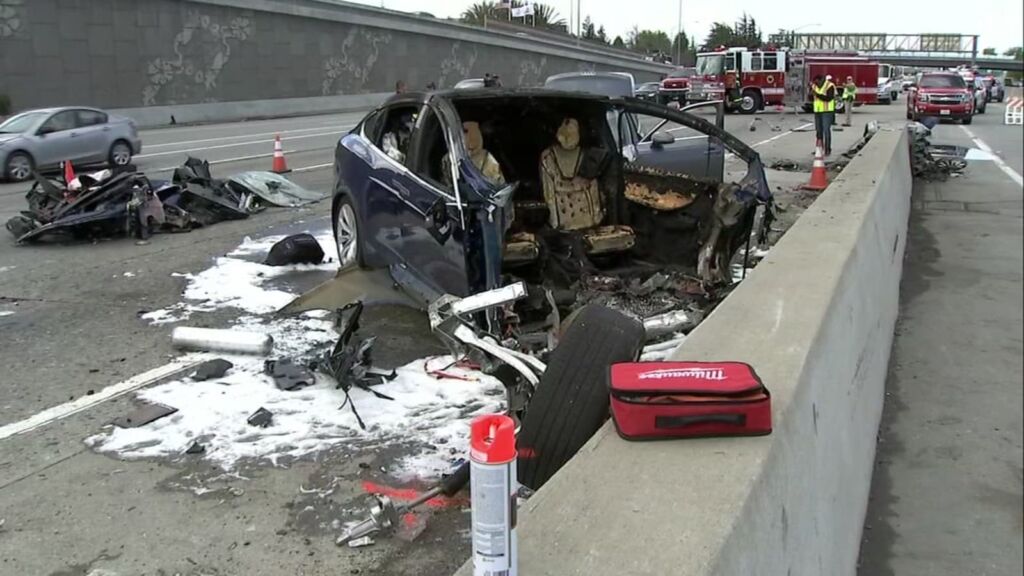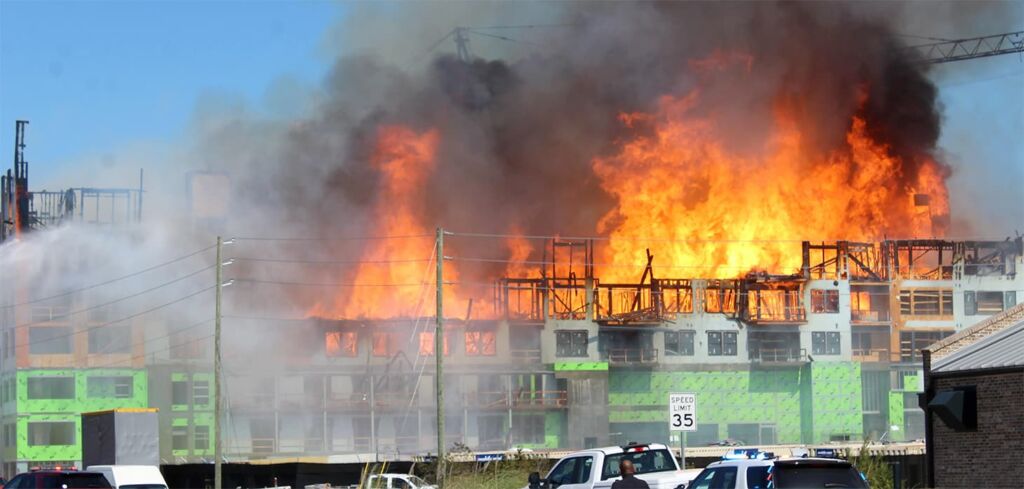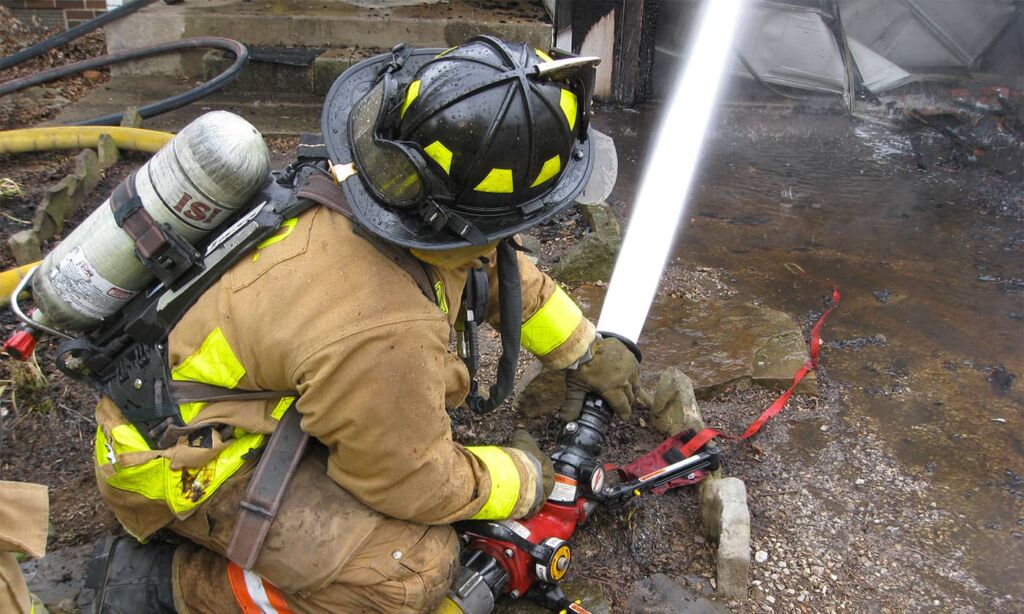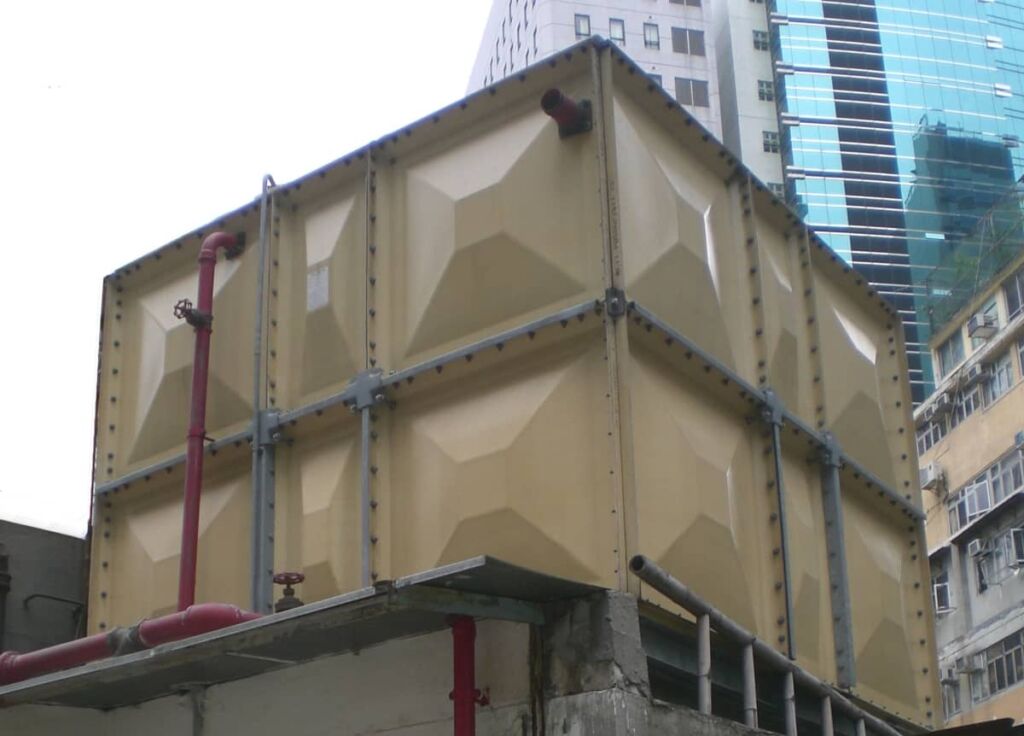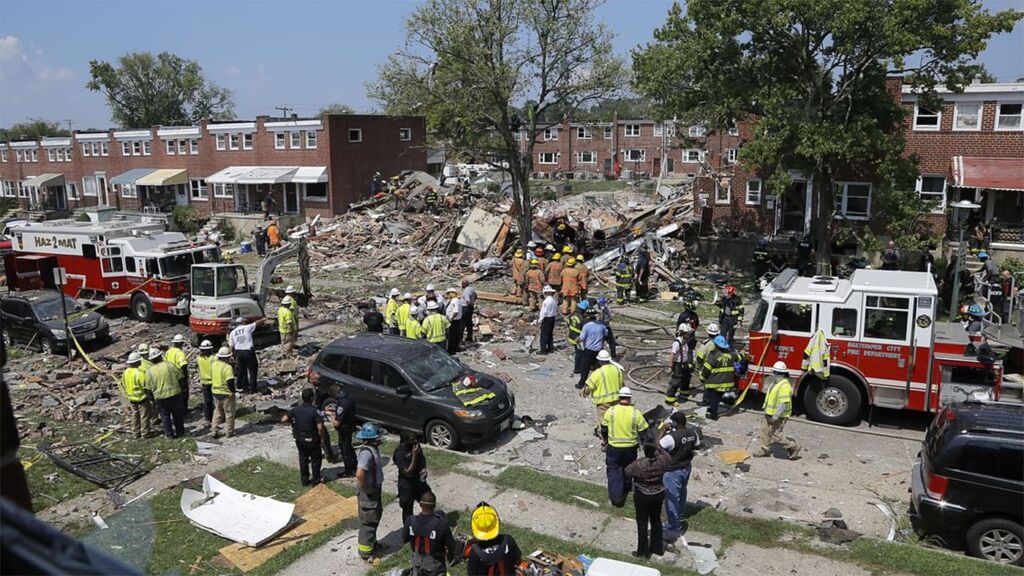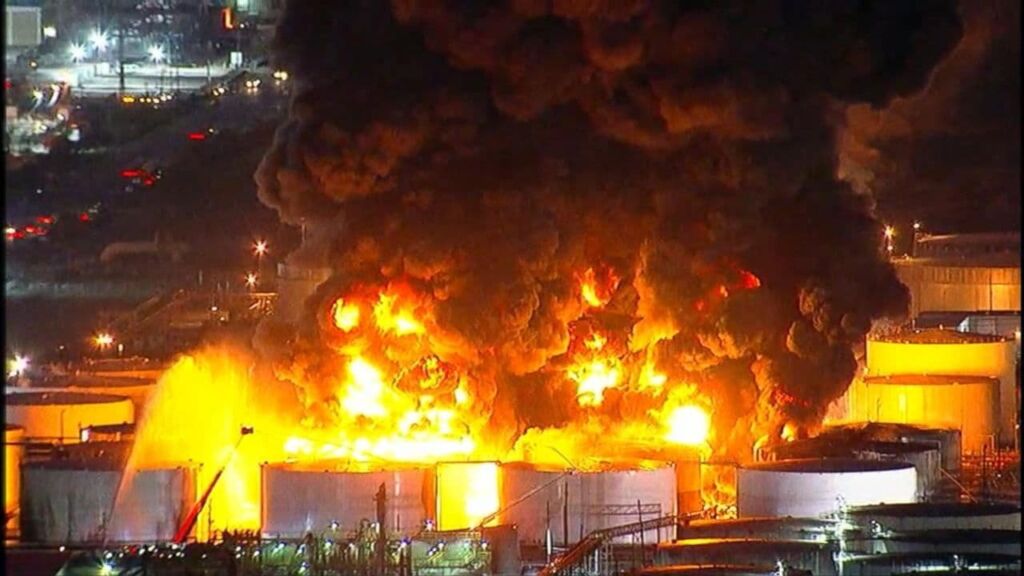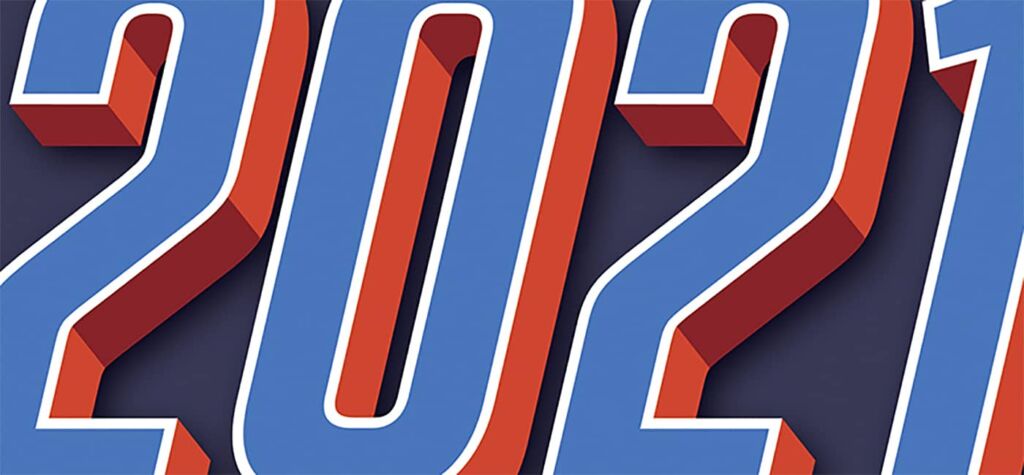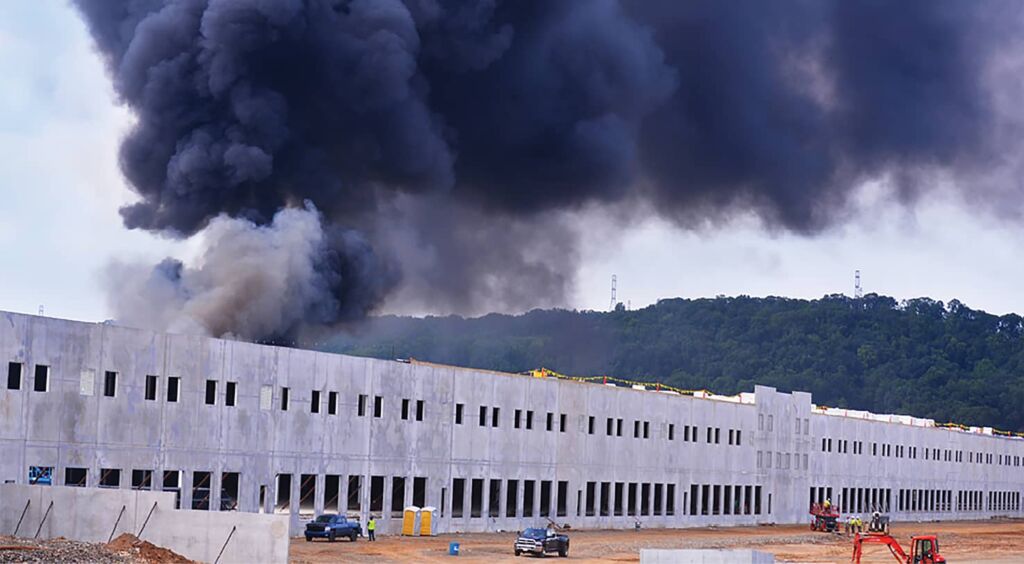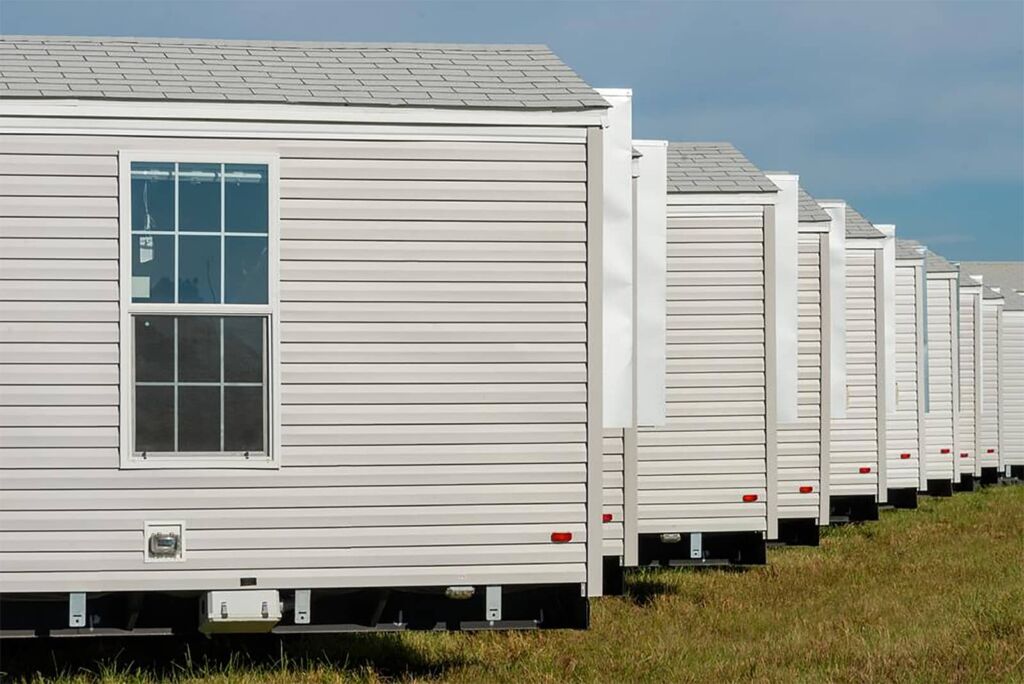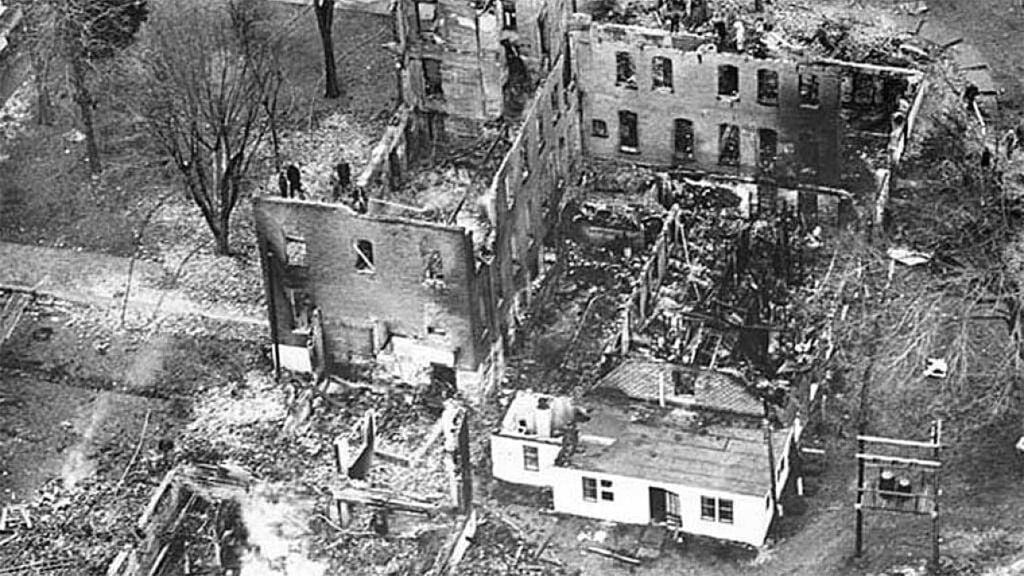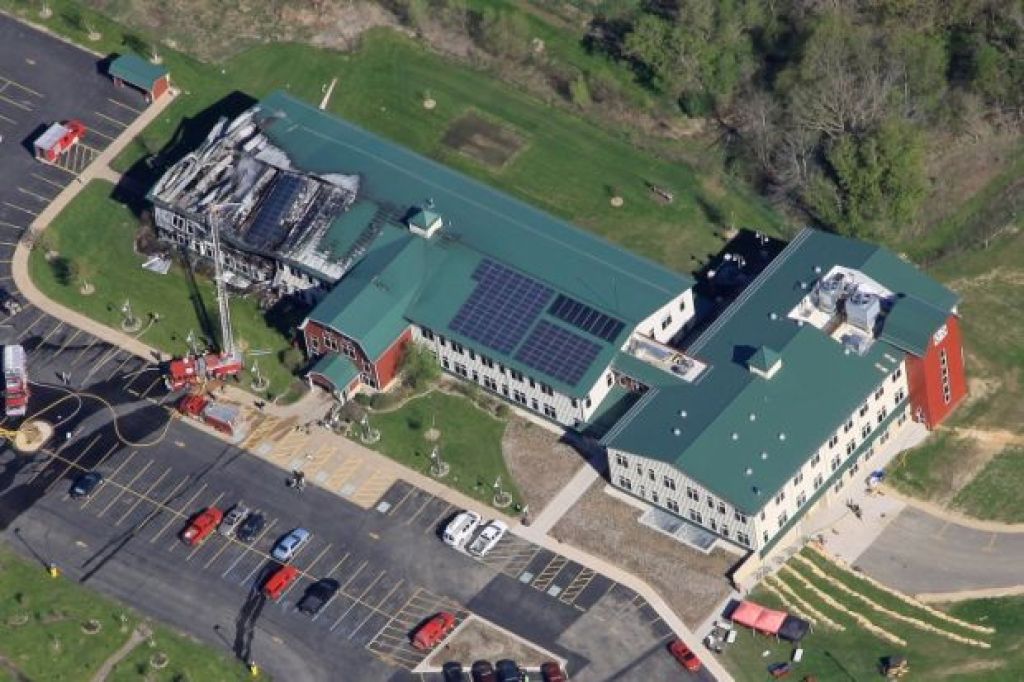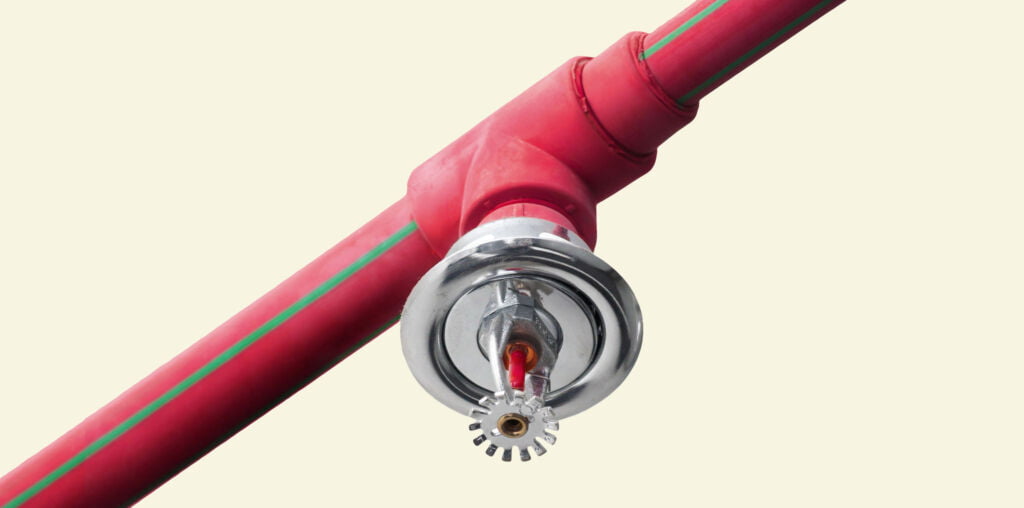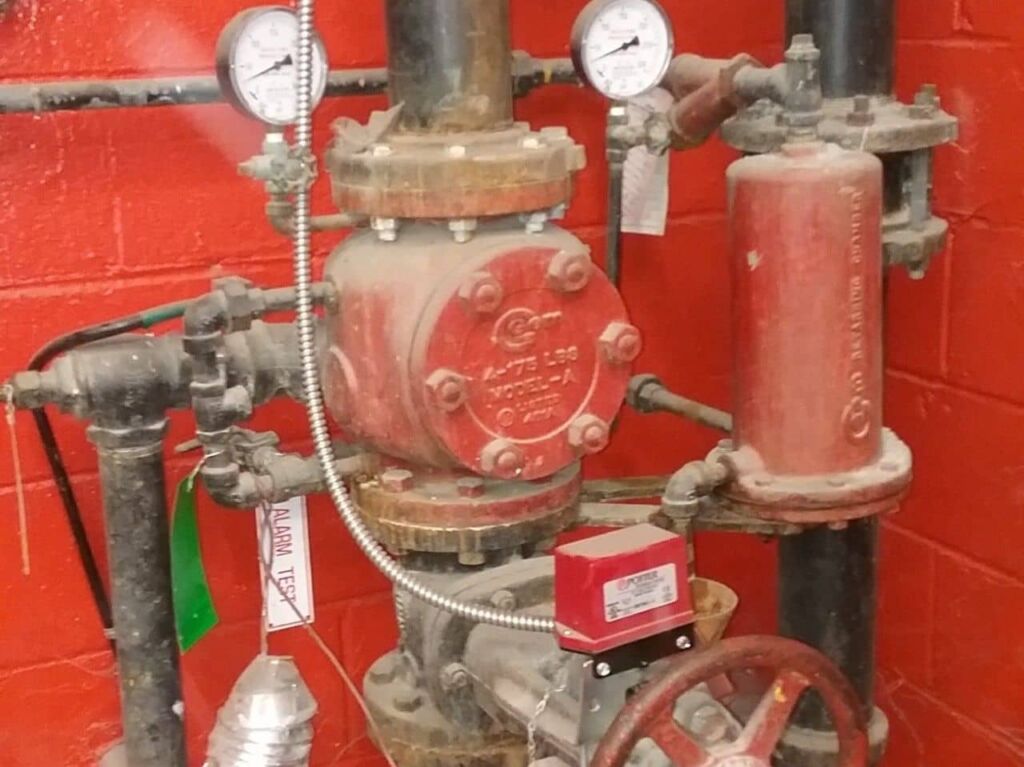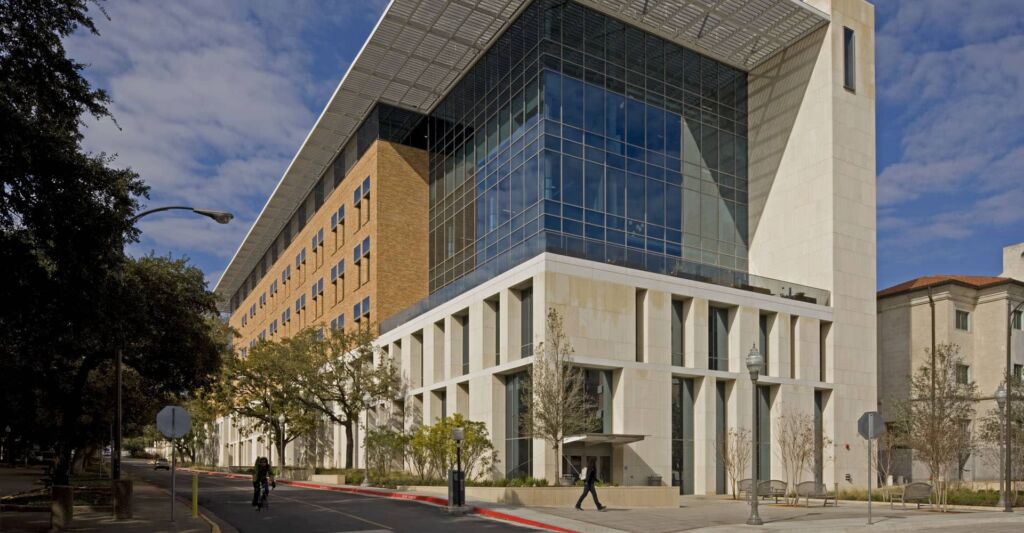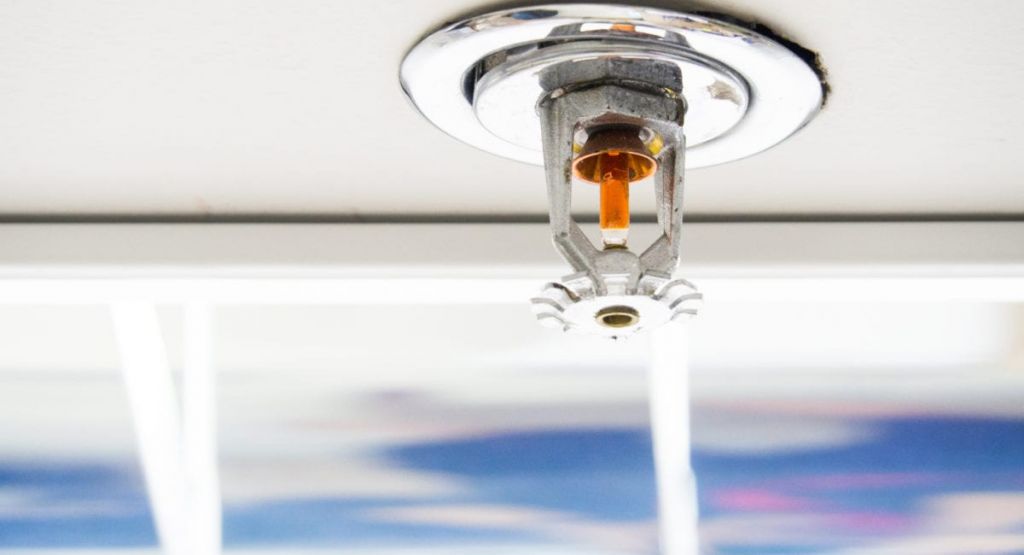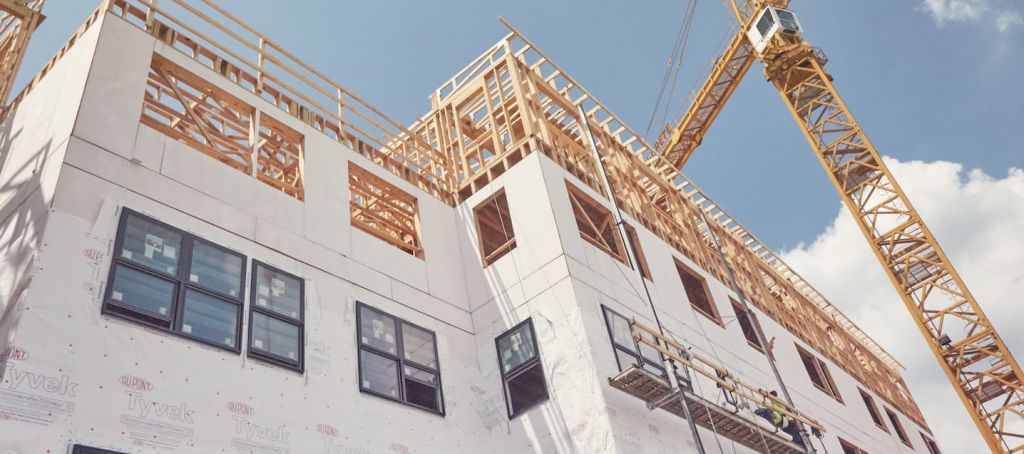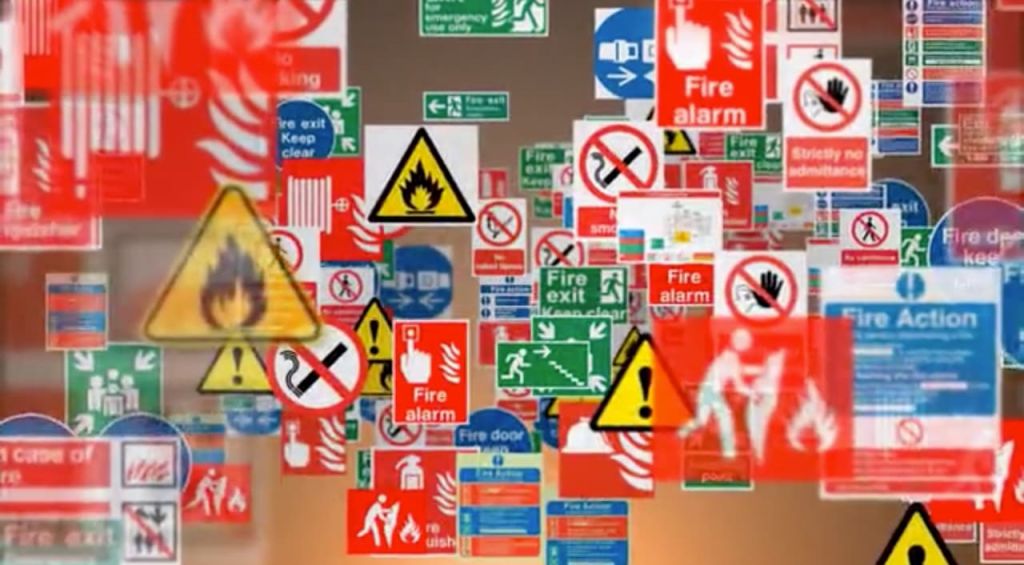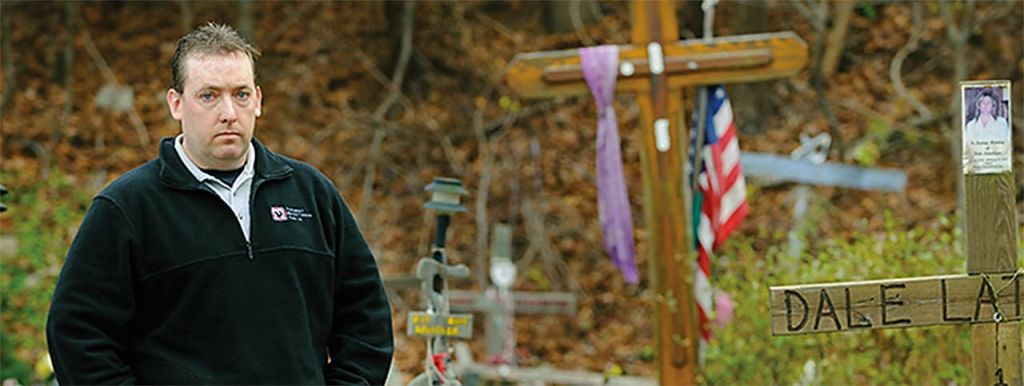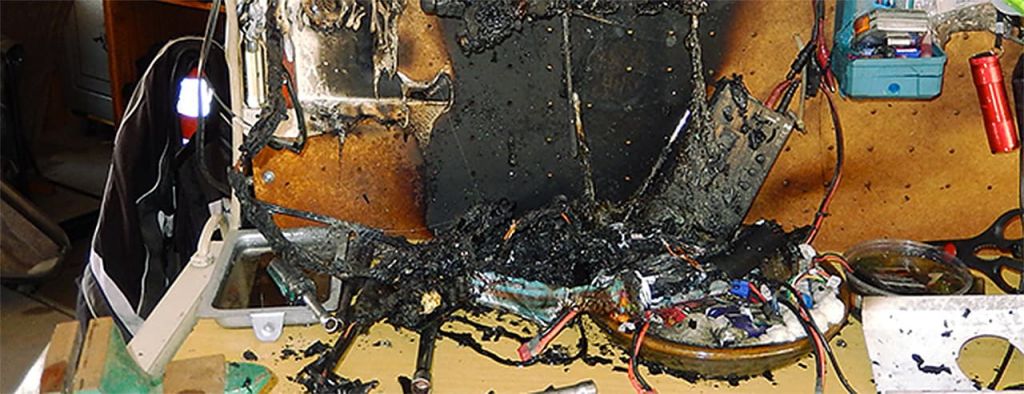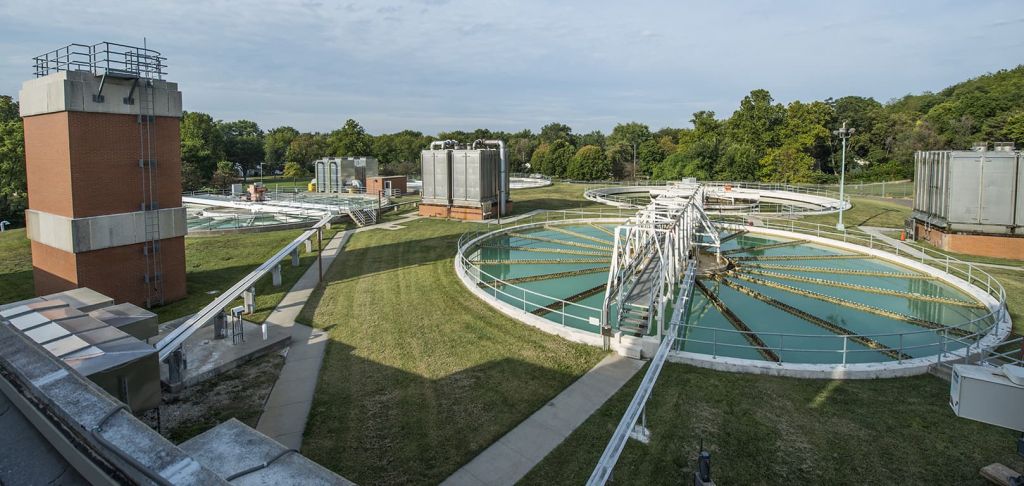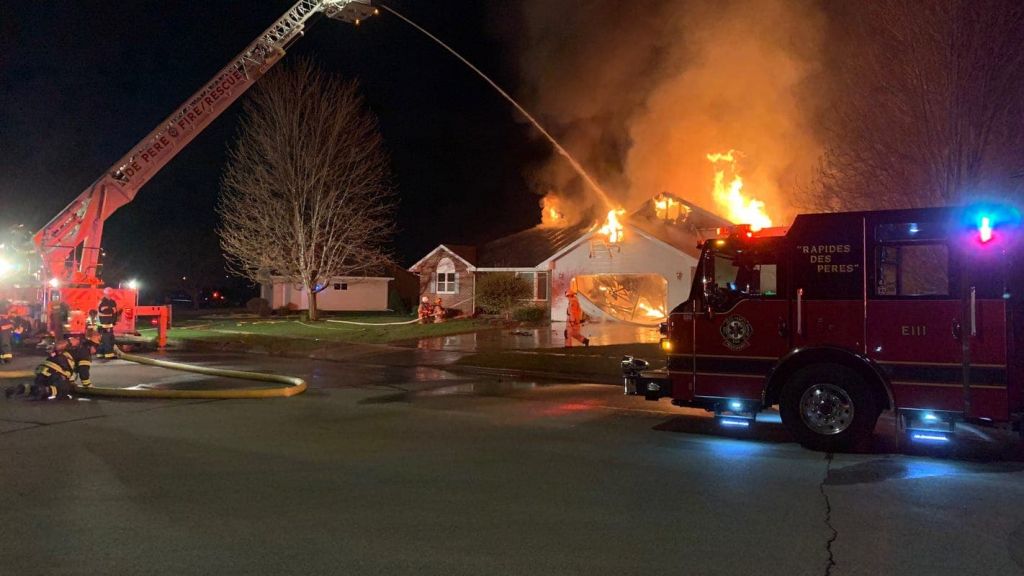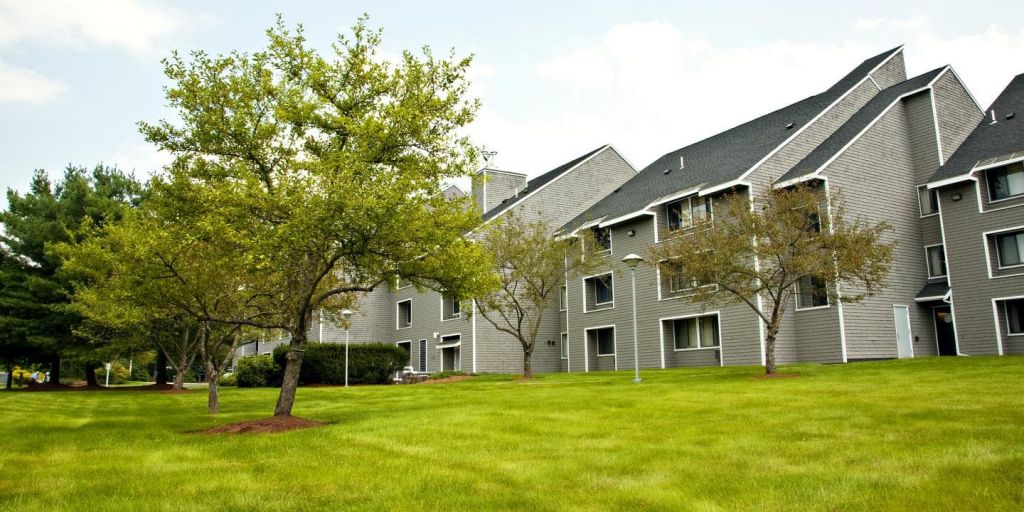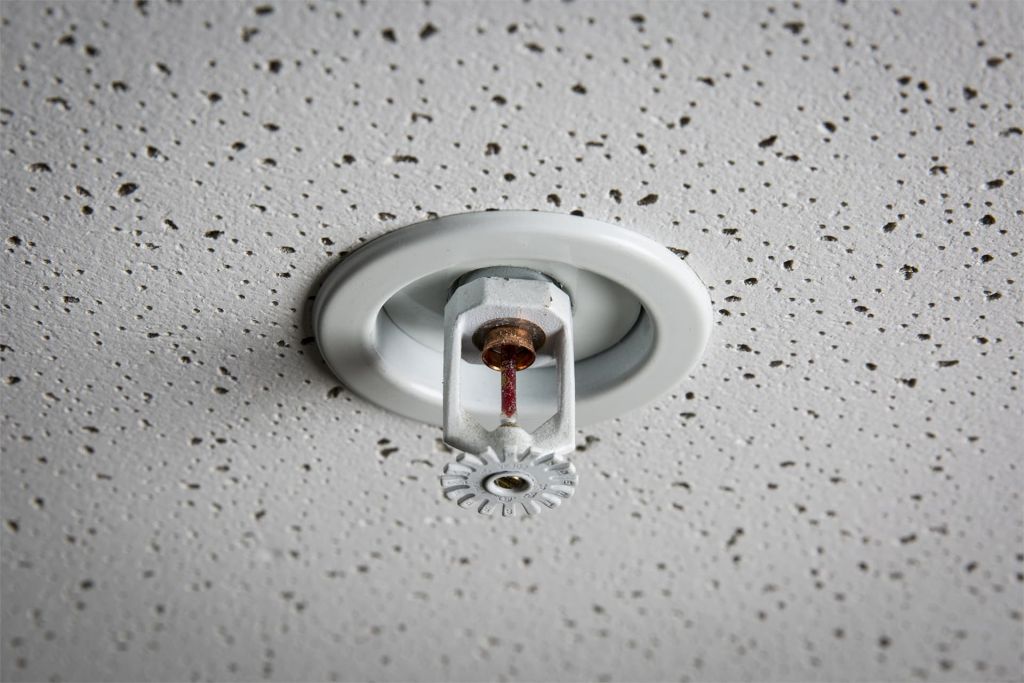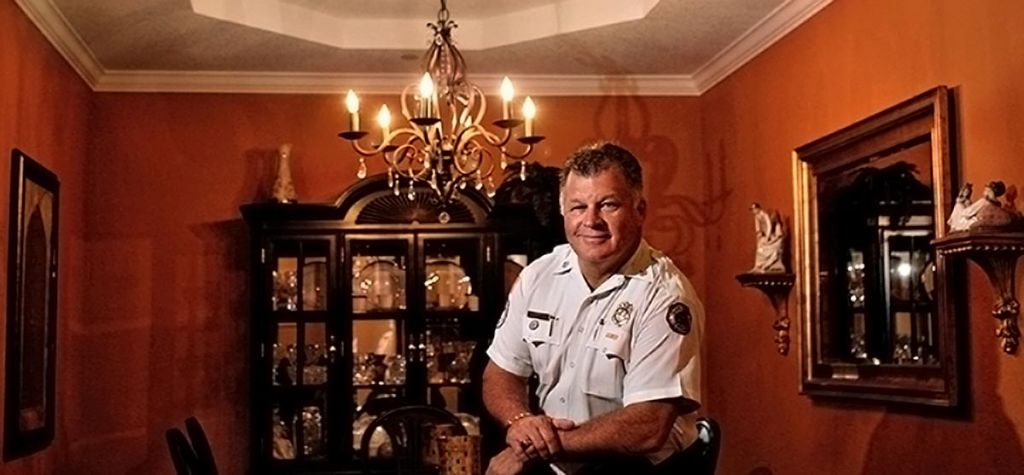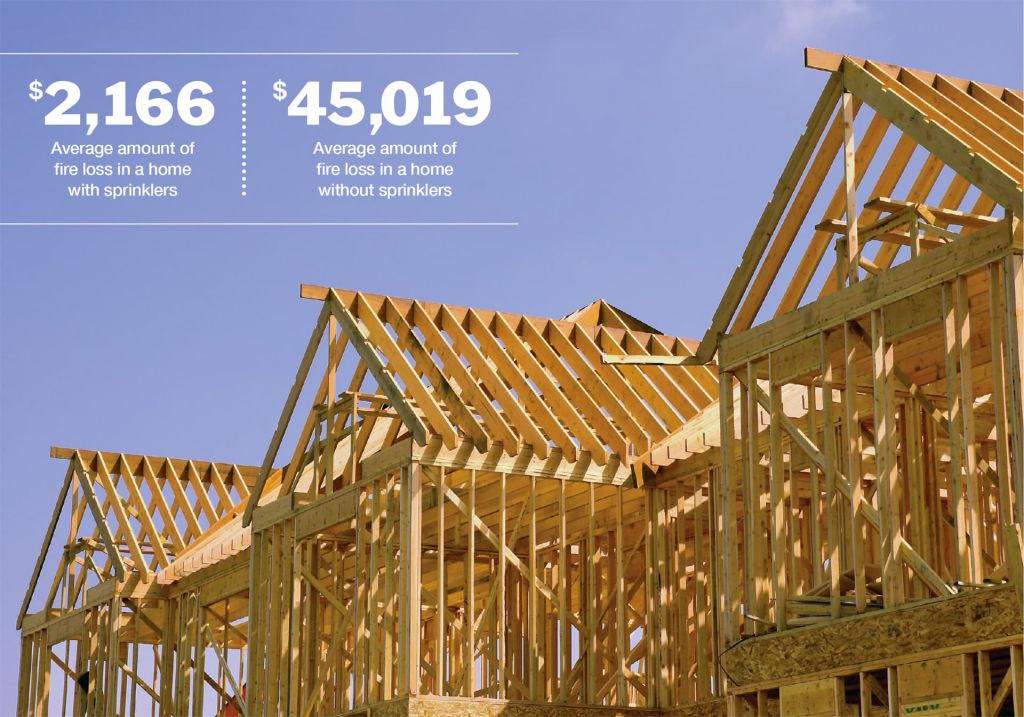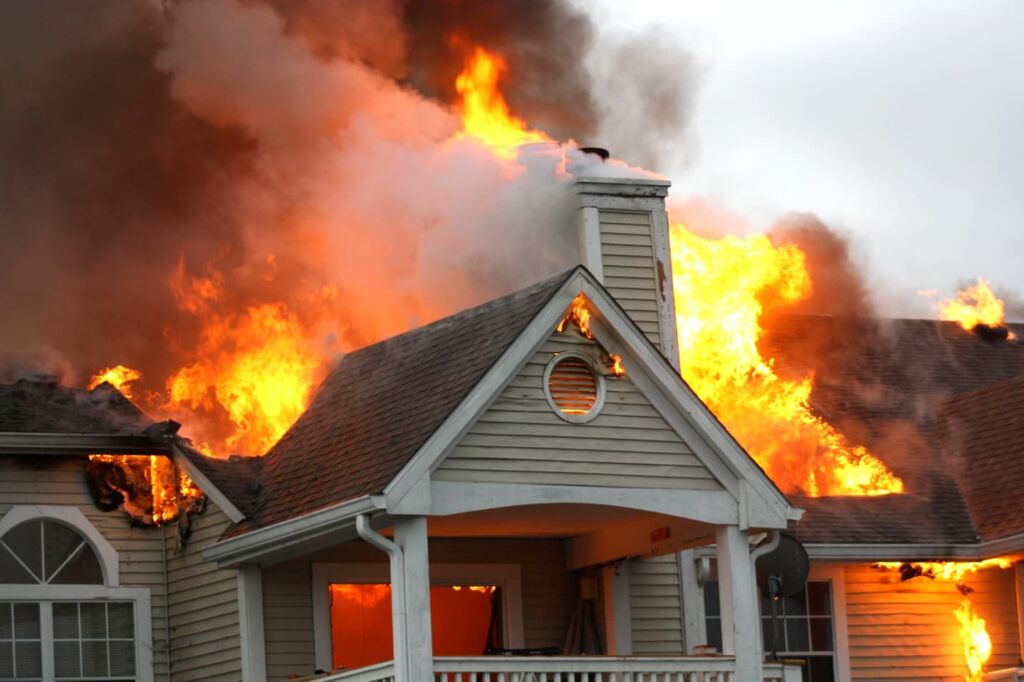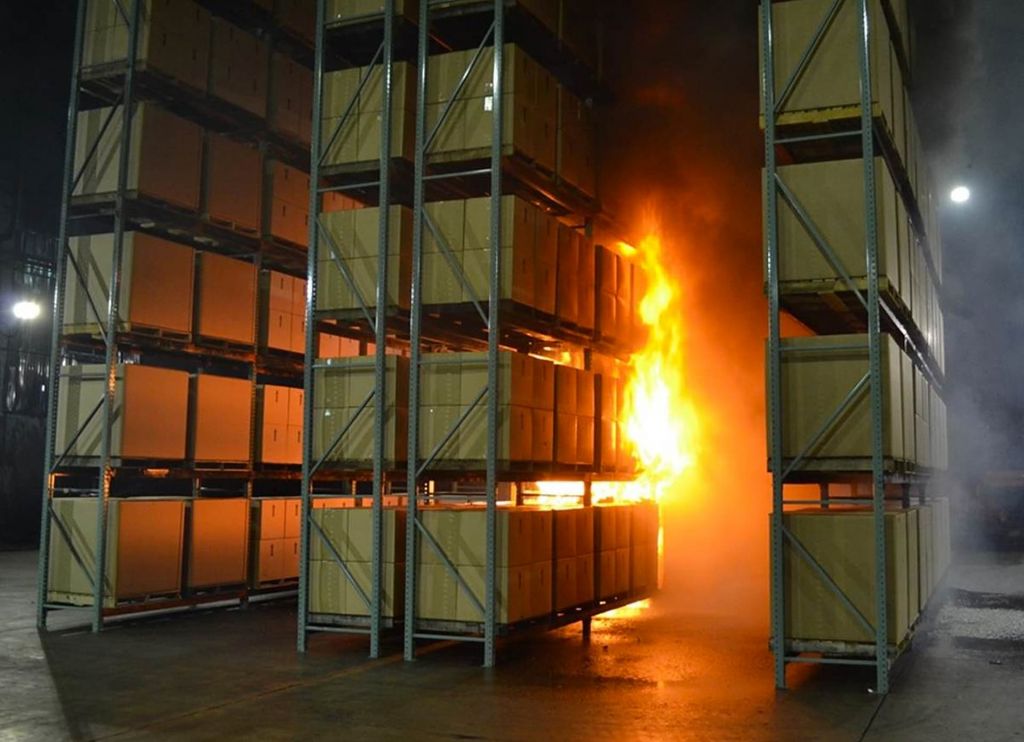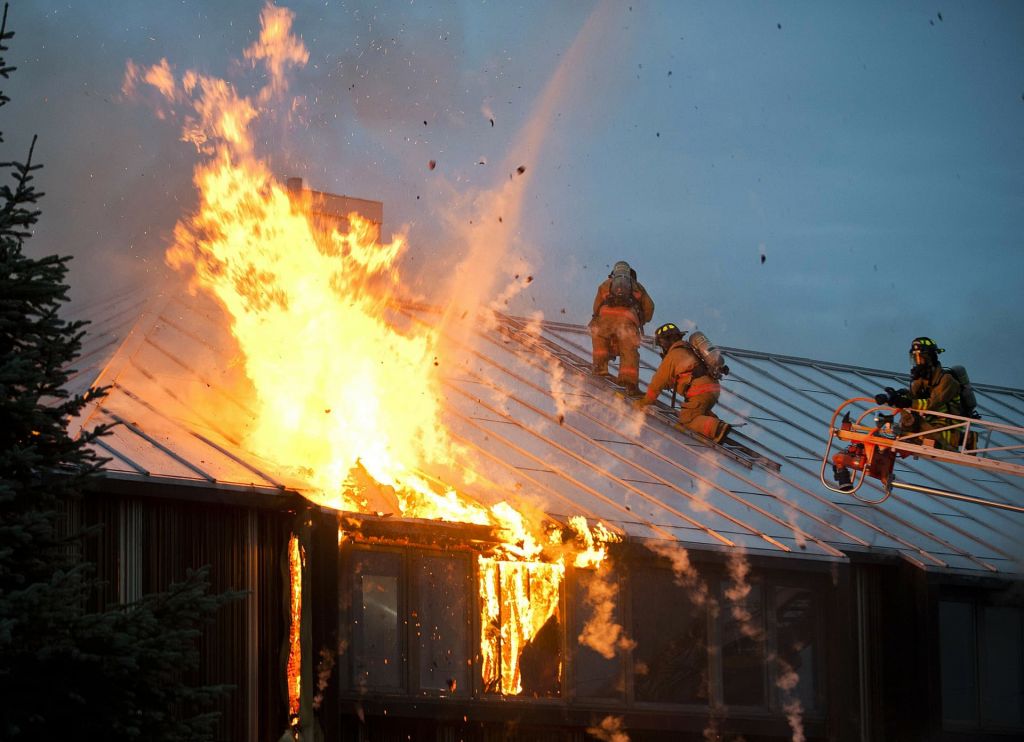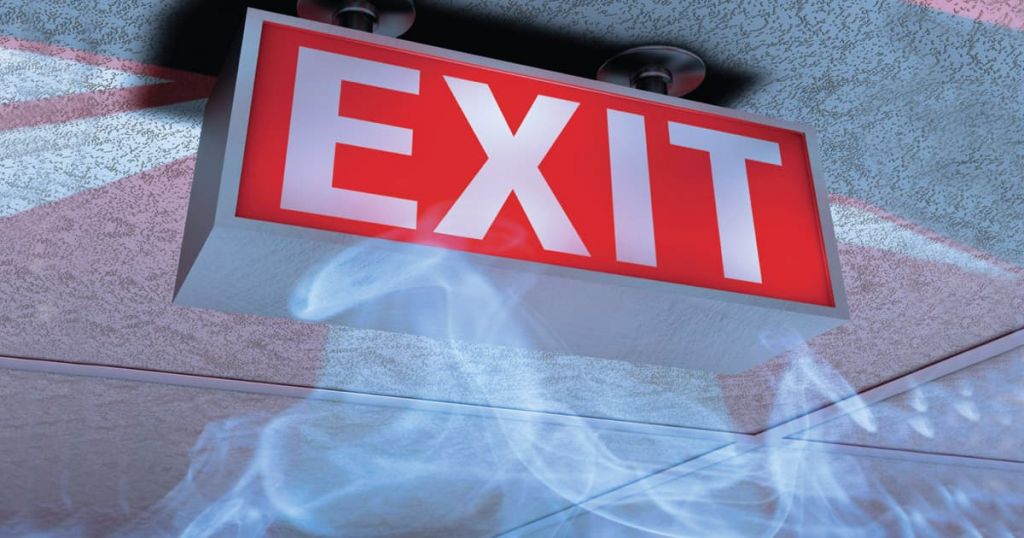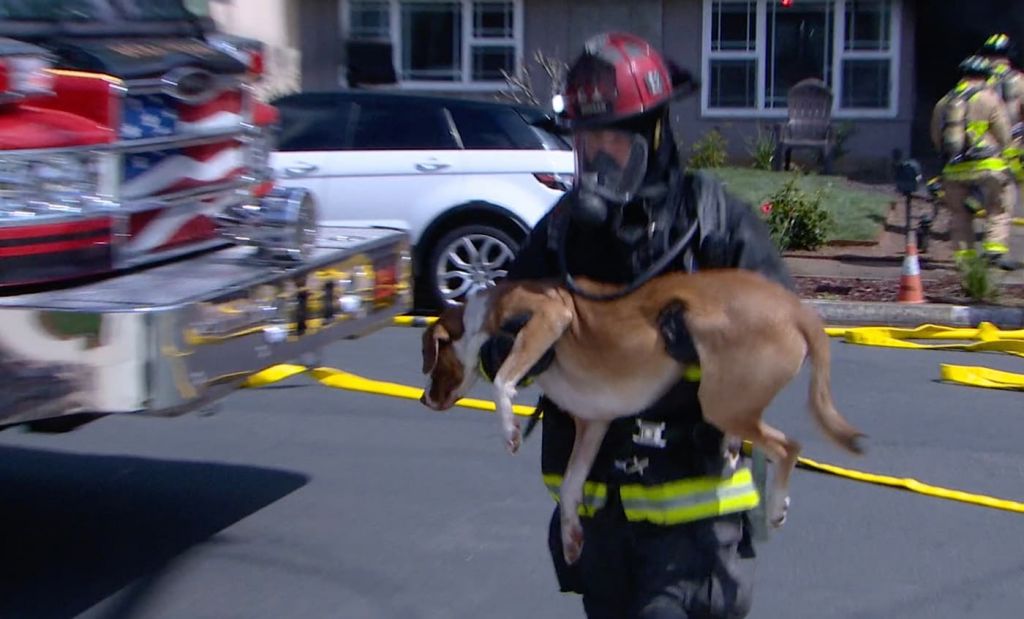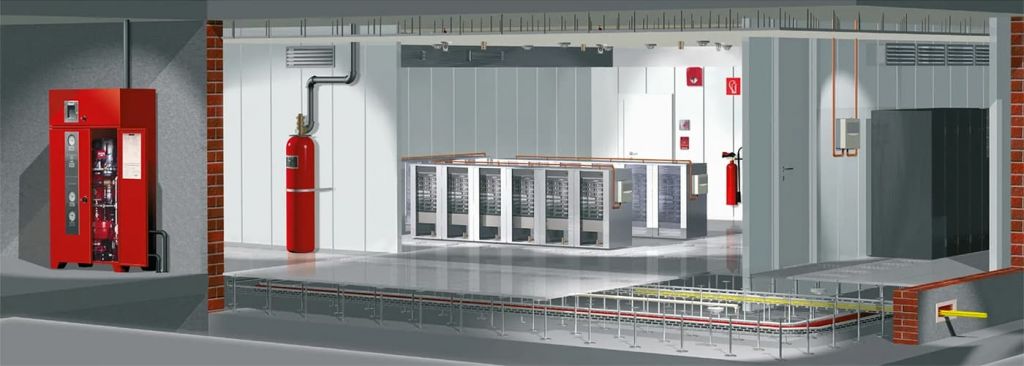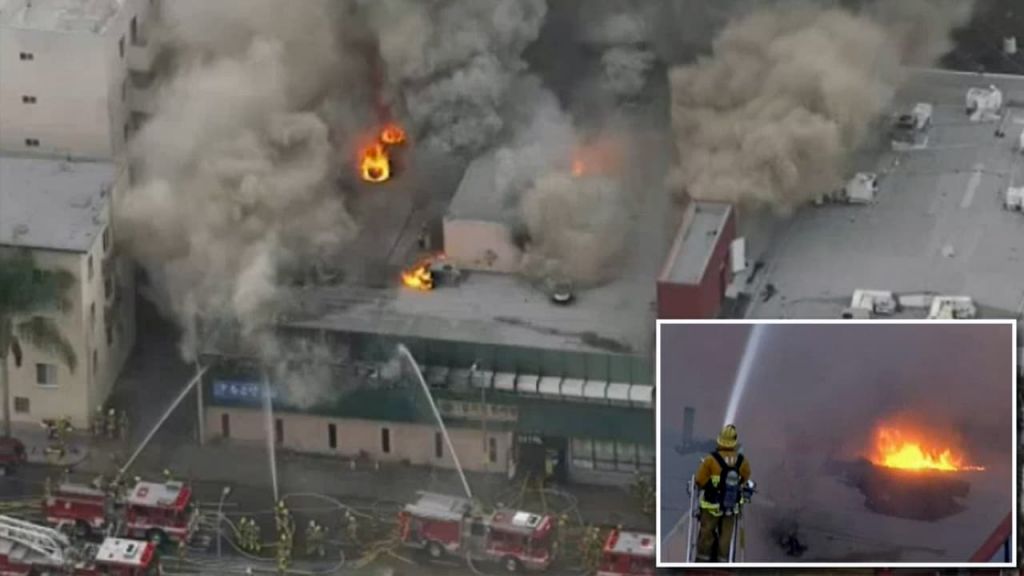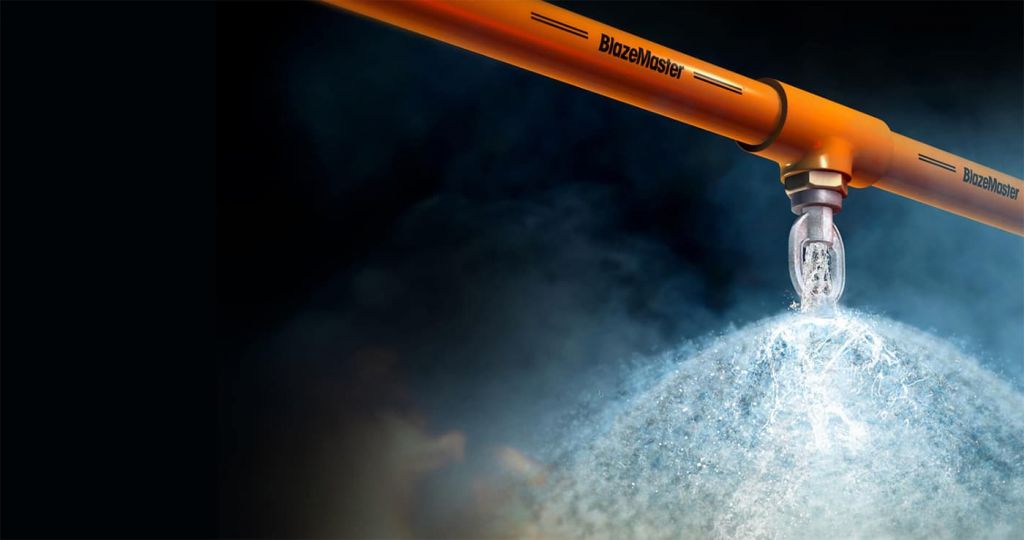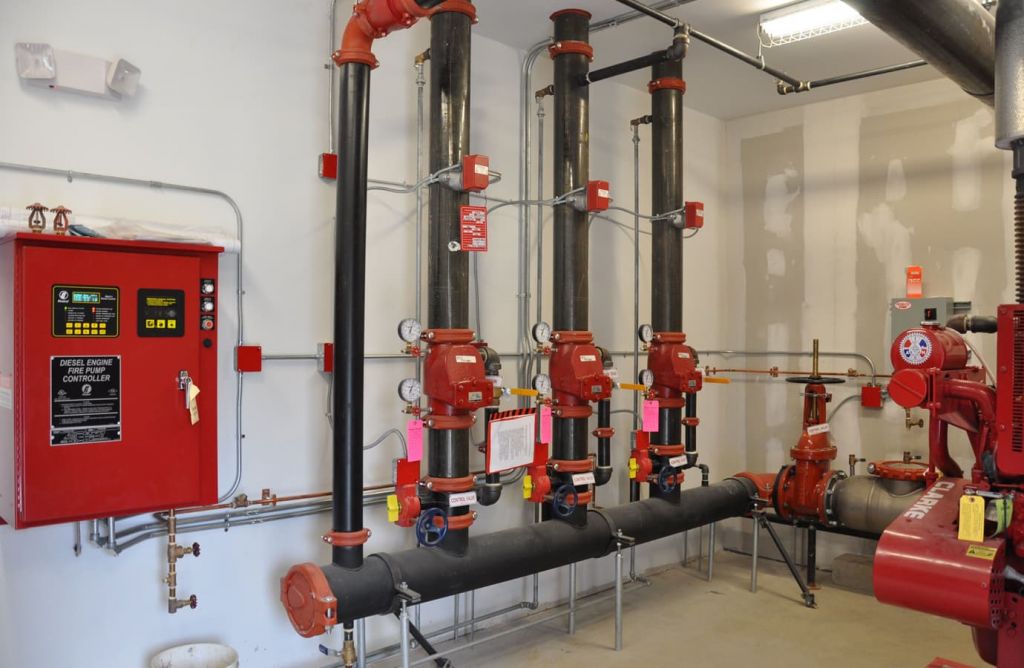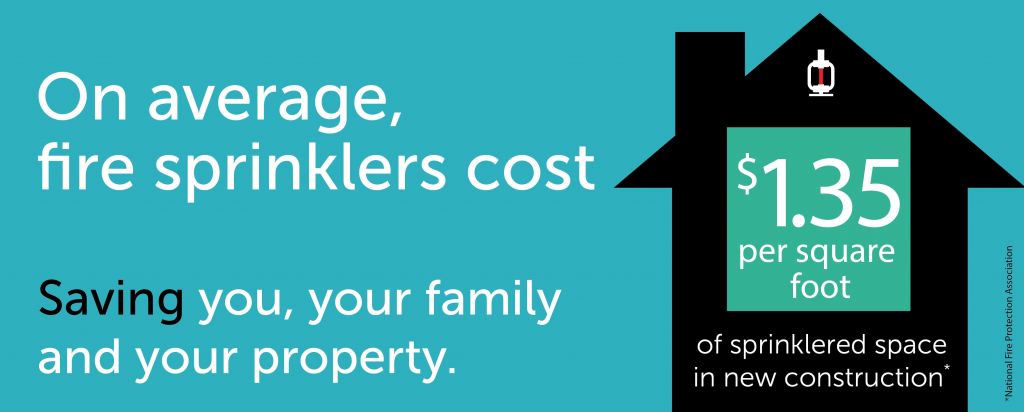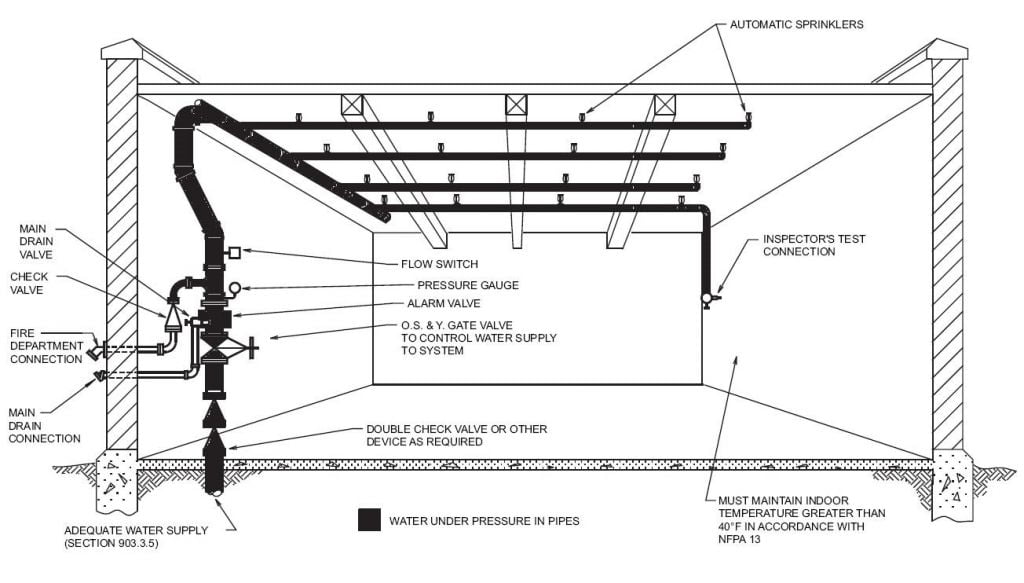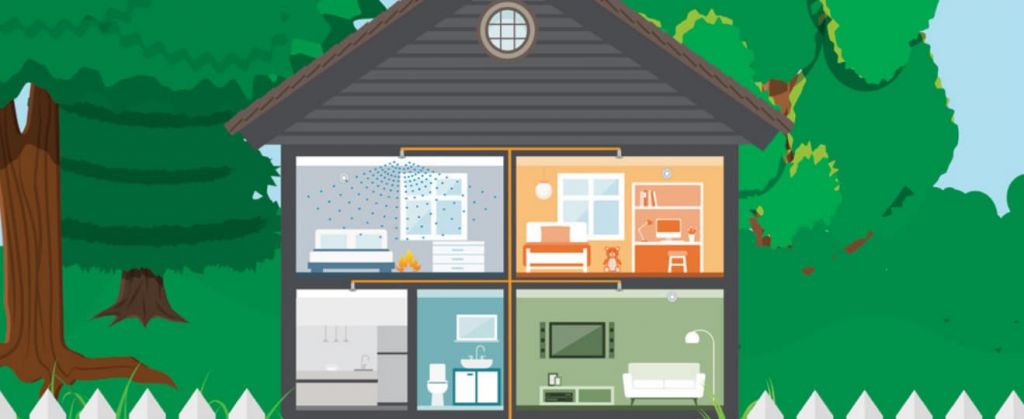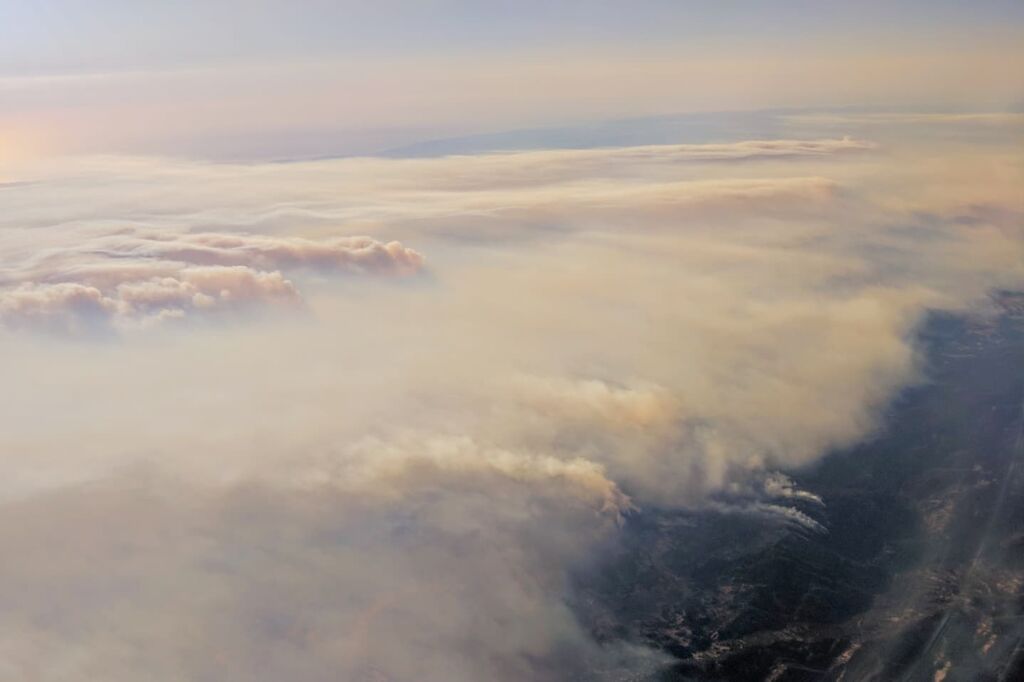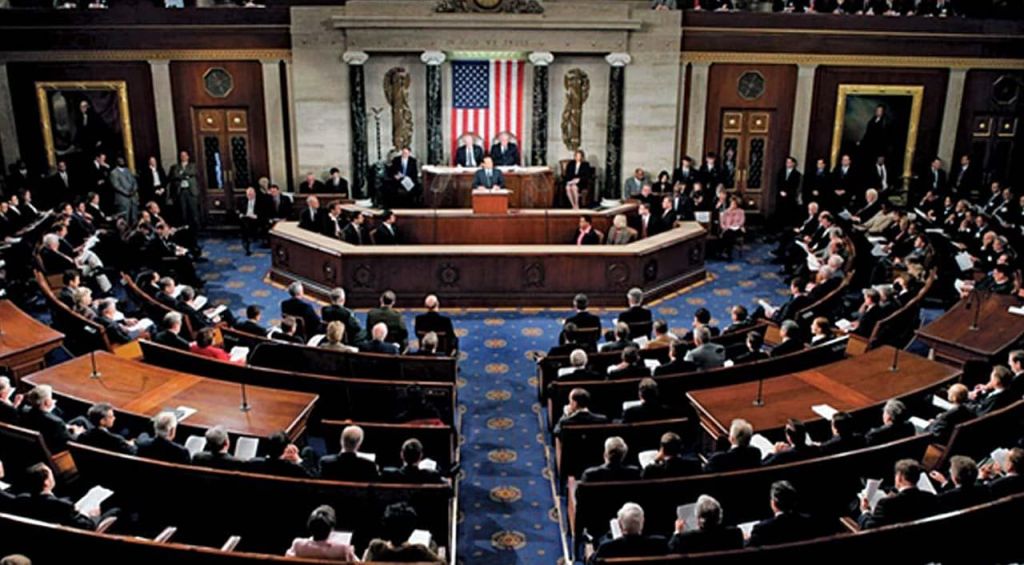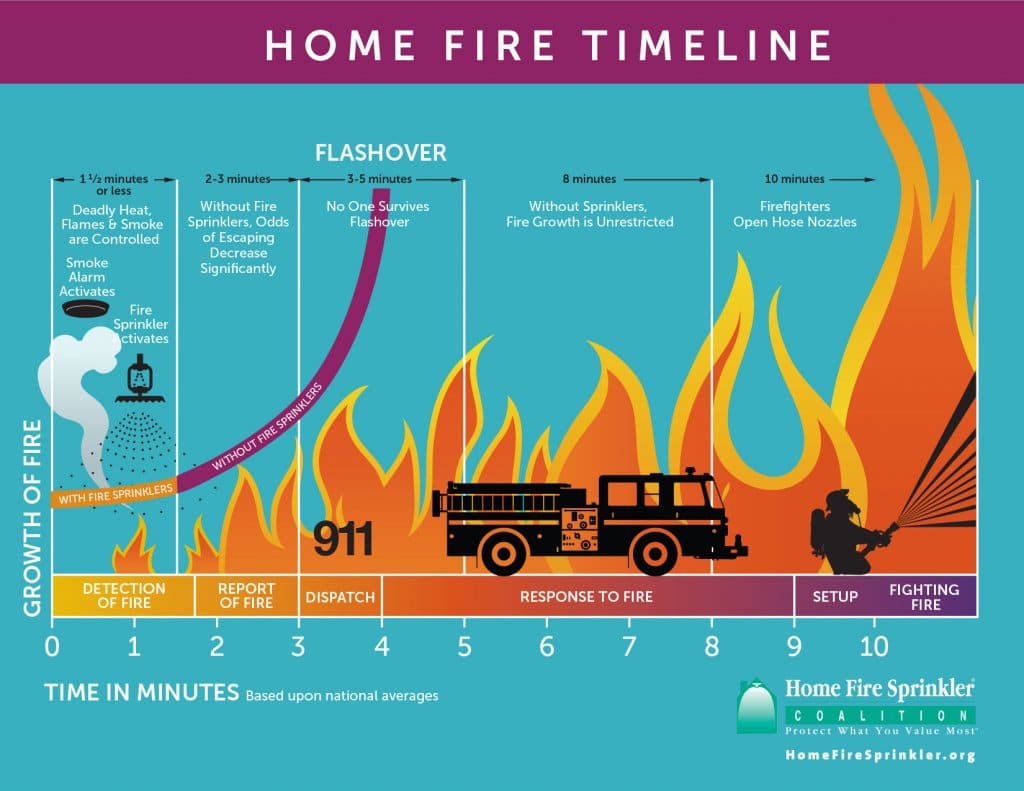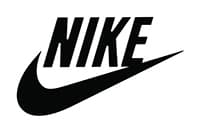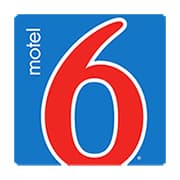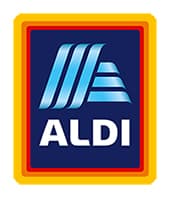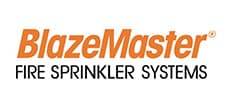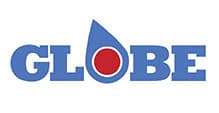Precision Fire Protection News
When Should I Inspect My Fire Protection Systems?
When Should I Inspect My Fire Protection Systems?
Your fire protection systems should receive regular inspections performed by a trained professional. But how often should you inspect your Fire Protection Systems?
When you commit to a schedule of inspections, small, easy-to-remedy problems that can potentially cause sensors or sprinklers to operate at decreased efficiency or even fail entirely can be fixed before there is an emergency, and larger issues won’t turn into catastrophic ones.
Keeping your building and its occupants safe from fire means trusting that the network of fire protection equipment you’ve installed will work when it is needed.
But your reliance on smoke detectors, sprinklers, and alarms should not be a matter of blind faith.
More than just fire codes.
Inspections are a vital part of this care because periodic checks will turn up any issues that might impact the performance of the fire protection devices in your building.
Staying code-compliant is an important reason to stick to a schedule when it comes to your fire protection systems, but more importantly you should commit to a regular inspection schedule because the after-effects of a fire can be huge.
You’ll lose money, your building’s occupants will lose their homes or livelihoods, and people may even lose their lives.
Fire System Inspection Schedule/Calendar. As for how often you need to inspect your building’s fire protection systems, there’s no quick answer.
The right inspection schedule will, in part, be determined by local codes, your insurance company, and the type of system.
In this post, we outline some general guidelines related to the visual inspection and testing of fire protection systems, but keep in mind that your local jurisdiction’s requirements may be slightly different.
When you’re not sure what the requirements are in your area, feel free to give us a call or reach out to the local fire official.
Inspection vs. Testing
NFPA Codes Standards 2018. Many people use these terms interchangeably, but inspections and testing are two different elements.
Guidelines for both are published by the National Fire Protection Association (NFPA), and those guidelines are then used by local governments to establish standards and codes.
Inspections involve technicians visually inspecting equipment like sprinklers and the component parts of fire alarms for issues like leaks, corrosion, and damage.
Testing involves actually observing whether that equipment functions properly and if integrated systems are working together as they should. Both inspections and tests are often performed according to NFPA Standards.
How Often Should My System Be Inspected?
You would think that this would be a relatively question to answer, but as with most things there is a simple and answer and there is a complicated answer.
The simple answer: follow the code. As explained above, the fire code adopted by your state references NFPA standards which specify how often different systems need to be inspected.
NFPA 25 Standard for the Inspection, Testing, and Maintenance of Water-Based Fire Protection Systems
NFPA 72 National Fire Alarm and Signaling Code
NFPA 10 Standard for Portable Fire Extinguishers
NFPA 17A Standard for Wet Chemical Extinguishing Systems (Kitchen Systems)
NFPA 17 Standard for Dry Chemical Extinguishing Systems (Paint Spray Booths)
NFPA 2001 Standard on Clean Agent Fire Extinguishing Systems
Please keep in mind that different states reference different years of NFPA standards.
Depending on the type of system you have, certain aspects of the system need to be inspected or tested at different intervals including: 5-year, 3-year, 2-year, annual, semi-annual, quarterly, monthly and weekly. The code makes provisions for building owners and their occupants to conduct most weekly and monthly inspections, while the inspections and tests required at longer service intervals are best left to a fire protection company.
To make things more complicated some jurisdictions only require yearly inspections. For example, the NFPA 25 2014 edition (the currently adopted code in the State of New Jersey) specifies weekly, monthly and quarterly inspections on sprinkler systems, but certain towns only require an “annual inspection” to be performed.
Below is a brief guide to what should be tested and inspected, and how often. Please note that this overview does not include everything that is required for all systems.
Fire Alarm System Inspection and Testing Schedule
All the component parts of your fire alarm system should be inspected regularly as per the guidelines laid out in NFPA 72.
Here’s a typical inspection schedule:
Weekly: control panels; power supplies; fuses; LEDs, trouble signals (for unmonitored alarms)
Monthly: batteries and other power sources; verify central station is receiving signals
Semi-annually: verify remote annunciators are functioning, battery load voltage test
Annually: Review of all fire components and equipment including functional tests of smoke detectors and other initiating devices as well as notification appliances and other associated equipment.
Sprinkler System Testing and Inspection Schedule
Can you Inspect Fire Systems Yourself? The NFPA recommends that building owners have experienced fire protection experts inspect all sprinkler systems at least four times per year to ensure that the system will deploy in the event of a fire emergency. Monthly and weekly inspections can be conducted by trained people employed by the owner or occupant.
These regular once-overs may seem simple, but keep in mind that sprinklers have a lot of parts, so these inspections are best left to those trained to do them.
A limited overview of what is required in NFPA 25 looks like this:
Weekly: control valves sealed, gauges in dry, pre-action, and deluge systems
Monthly: gauges in wet pipe systems
Quarterly: water flow alarm devices; supervisory signal devices; valve supervisory alarm devices; control valves; hydraulic nameplates; signage; hand-wheels; fire department connections
Annually: seismic bracing; sprinkler heads; pipes and fittings; spare sprinklers; control valves; main drain; partial trip test and internal inspection for dry valves. Testing of waterflow alarms, control valves and main drain. Annual performance test of fire pumps and annual hydrant flow.
Three years: flow trip test (dry valve systems)
Five years: internal inspection of alarm valves and piping. Gauges need to be tested/replaced. Testing of fire department connection and pressure reducing valves and hydrants and hose connections.
Ten years: dry sprinklers; fast response sprinklers more than two decades old; standard response sprinklers more than five decades old
The professional conducting the inspection will look at all components to ensure that they are in the correct positions, properly sealed or locked, accessible, free of leaks, undamaged, and labeled appropriately.
Fire Extinguisher Inspection Schedule
Considered the first line of defense, fire extinguishers need to be inspected annually. Many people do not know that fire extinguishers must also be visually inspected monthly. The owner is permitted to conduct the monthly visual inspection.
Monthly: Visual inspection
Annually: Inspection and maintenance by a fire protection company required.
5 year: Carbon dioxide, wet chemical and water extinguishers must be hydrotested.
3 year: AFFF and FFFP foam extinguishers require examination.
6 year: Dry chemical extinguishers require internal examination.
12 year: Dry chemical and halogenated extinguishers must be hydrotested.
Can I Do These Inspections Myself?
While there’s nothing in NFPA that restricts owners or building managers from performing inspections, it does recommend that whoever is doing them is qualified. Also, certain states and counties require that a licensed company perform inspections.
With training, owners can learn to perform the weekly and monthly visual inspections.
But for the quarterly and annual inspections, hiring a professional is the smart way to proceed for two reasons.
Your local standards and codes may include very specific rules about who can and who cannot inspect fire protection systems. Be sure you understand what the law requires of you.
A professional will know how to recognize when something is off and how to fix the problem so your system will be ready to respond in the event of an emergency.
When in Doubt, Inspect!
You can have your fire protection system inspected more frequently if you have concerns, if your building has undergone renovations or structural changes, or you’ve changed the building’s water supply.
Use a pro.
Also have a fire protection expert conduct an updated inspection of your system if any changes or additions have been made to the system itself.
Remember to use a reputable company.
Remember local codes.
Some local governments may ask you to do more to ensure that your fire protection systems are in good operating order, and some jurisdictions may require less frequent maintenance. Your insurance company might also require a more robust inspection program.
PEOPLE We Protect
Our Distributors and Suppliers
Experience
Our team started in the fire protection industry over 20 years ago. Since then we have grown into a statewide fire protection construction leader. Our team of project managers, engineers, designers, inspectors, installers, and technicians all share a passion for quality work and high standards. Precision Fire Protection understands the need to complete projects with integrity, safety, and precision!
Dedication
Our mission is to provide our customers with timely, high quality, affordable fire protection services that are guaranteed. We strive to achieve our client’s complete satisfaction. We are relentless in applying the highest ethical standards to ourselves and to our services and in communications with our customers. We aim to fulfill that mission in everything we do.
Precision
Precision Fire Protection keeps its team together, even when it's not. Just as vital as field personnel’s tools are, our project managers are equipped with the latest software to manage projects. Our project managers send dailies, RFIs, and plan revisions to the cloud so that everyone has access no matter where they are. Being connected is our way of ensuring every project goes smoothly.
Safety
Our team of multi-certified managers and supervisors are highly experienced in job safety. Our managers are OSHA certified to handle each project with care and sensitivity to every unique job site. By ensuring on-site safety on every project we work on throughout Southern California, Precision Fire Protection has developed positive relationships with our General Contractors.




